- Home
- Quality Assured
- Uganda Revealed
- About Us
- Travel Moments
- Journey through Uganda
- Our Services
- Tap into the EXCITEMENT
- Flexible Tour Packages
- Cultural Destinations
- Effortless travel to UGANDA
- Why Travel with us!
- Client Testimonials
- Travel Blog
- Airbnb
- Gallery - Destination Discoveries
- Plan your dream vacation
- Quote Request Form
- Twitter Tweets
Uganda Revealed
Where Wildlife, Culture, and Cuisine Unite: Explore the Authentic.



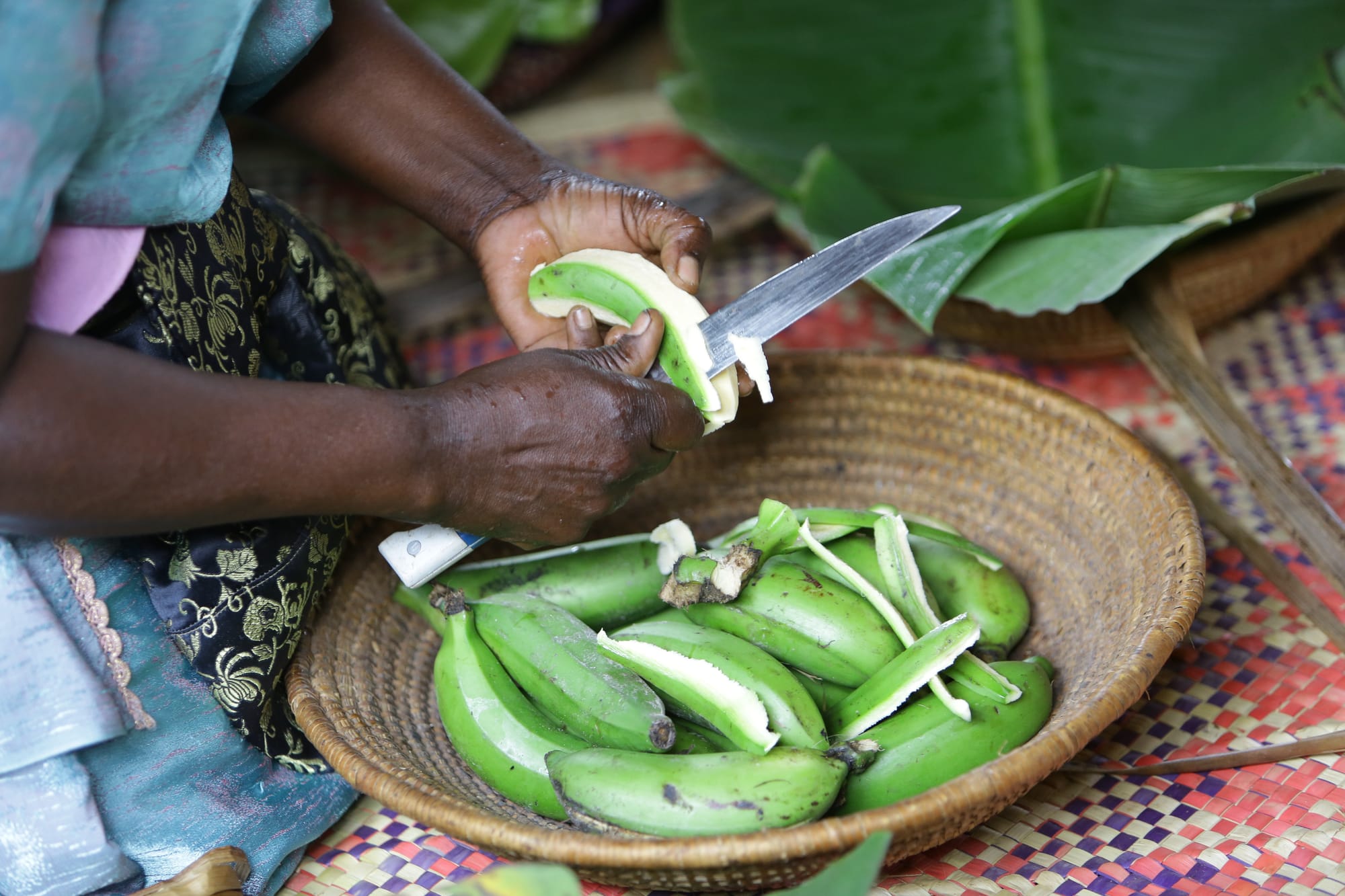



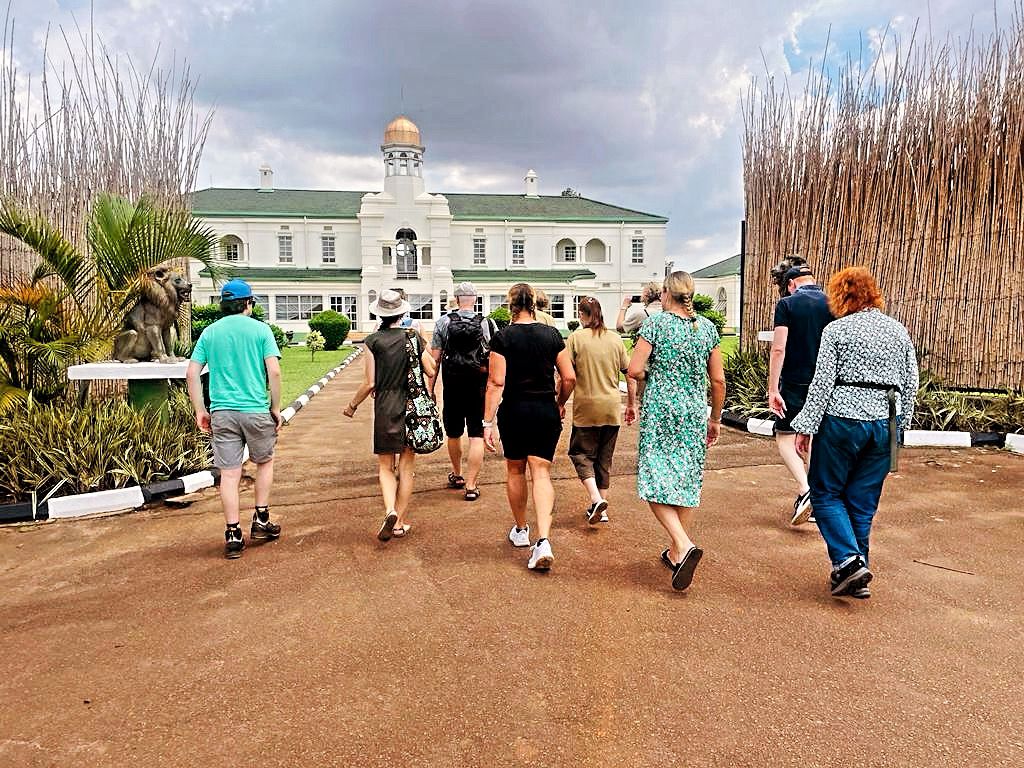
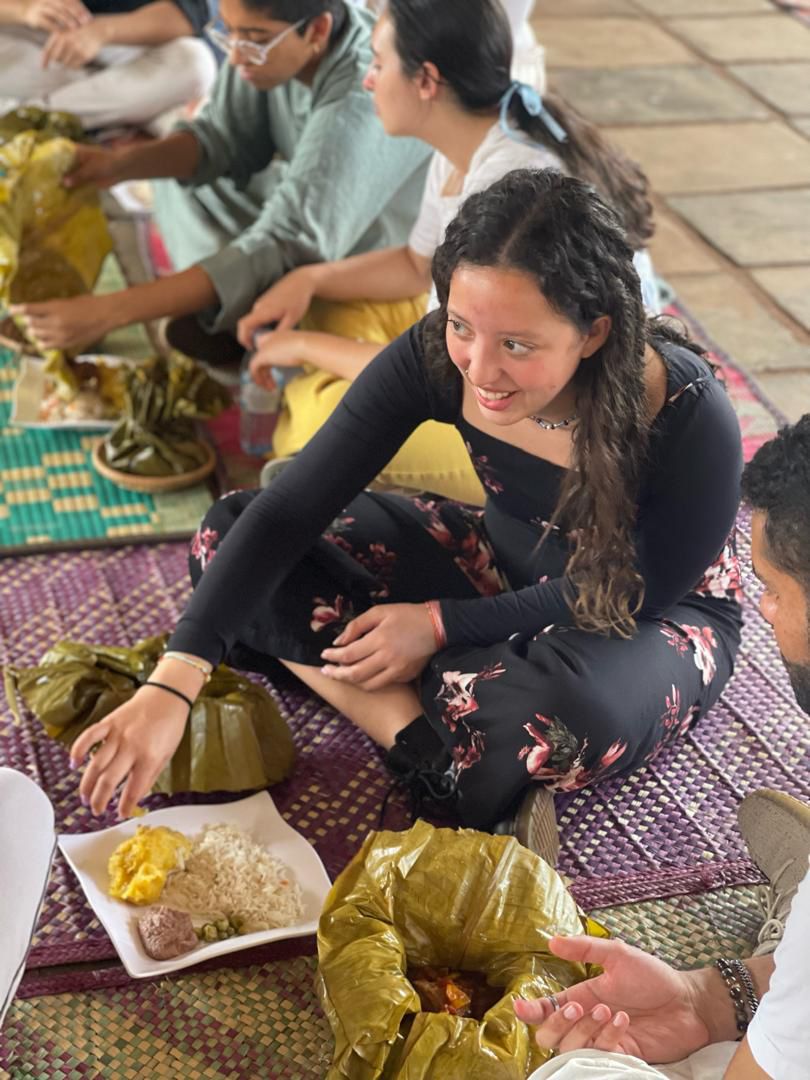
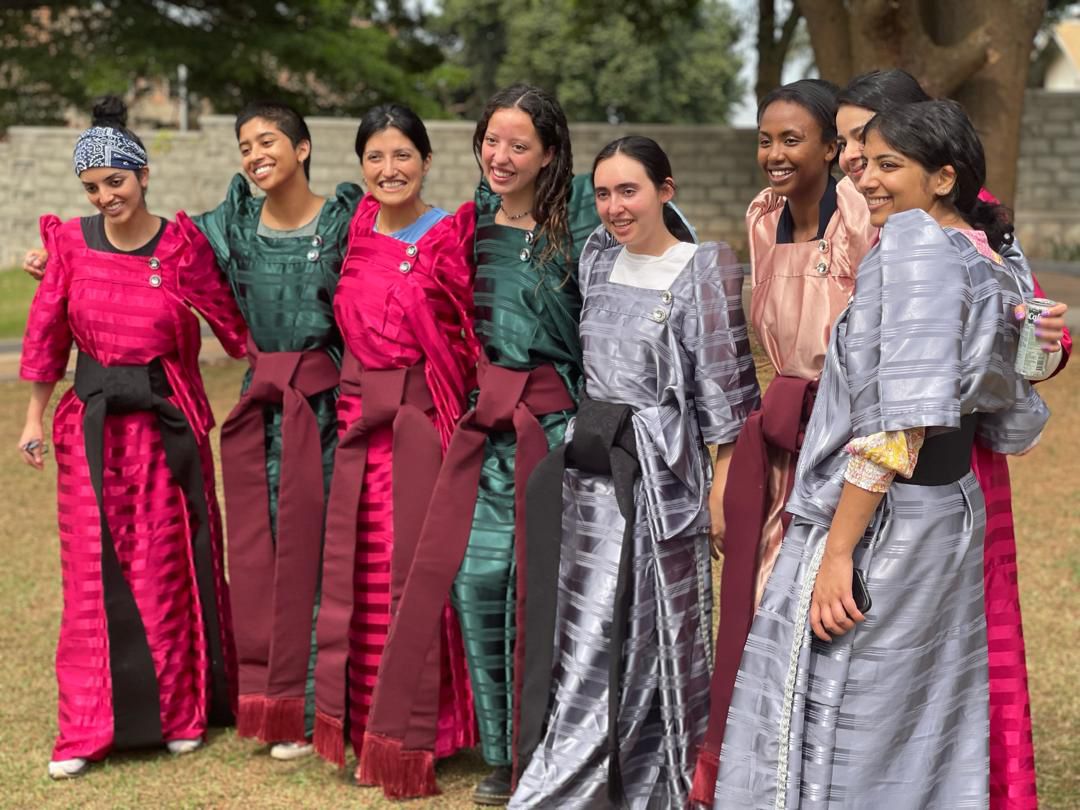



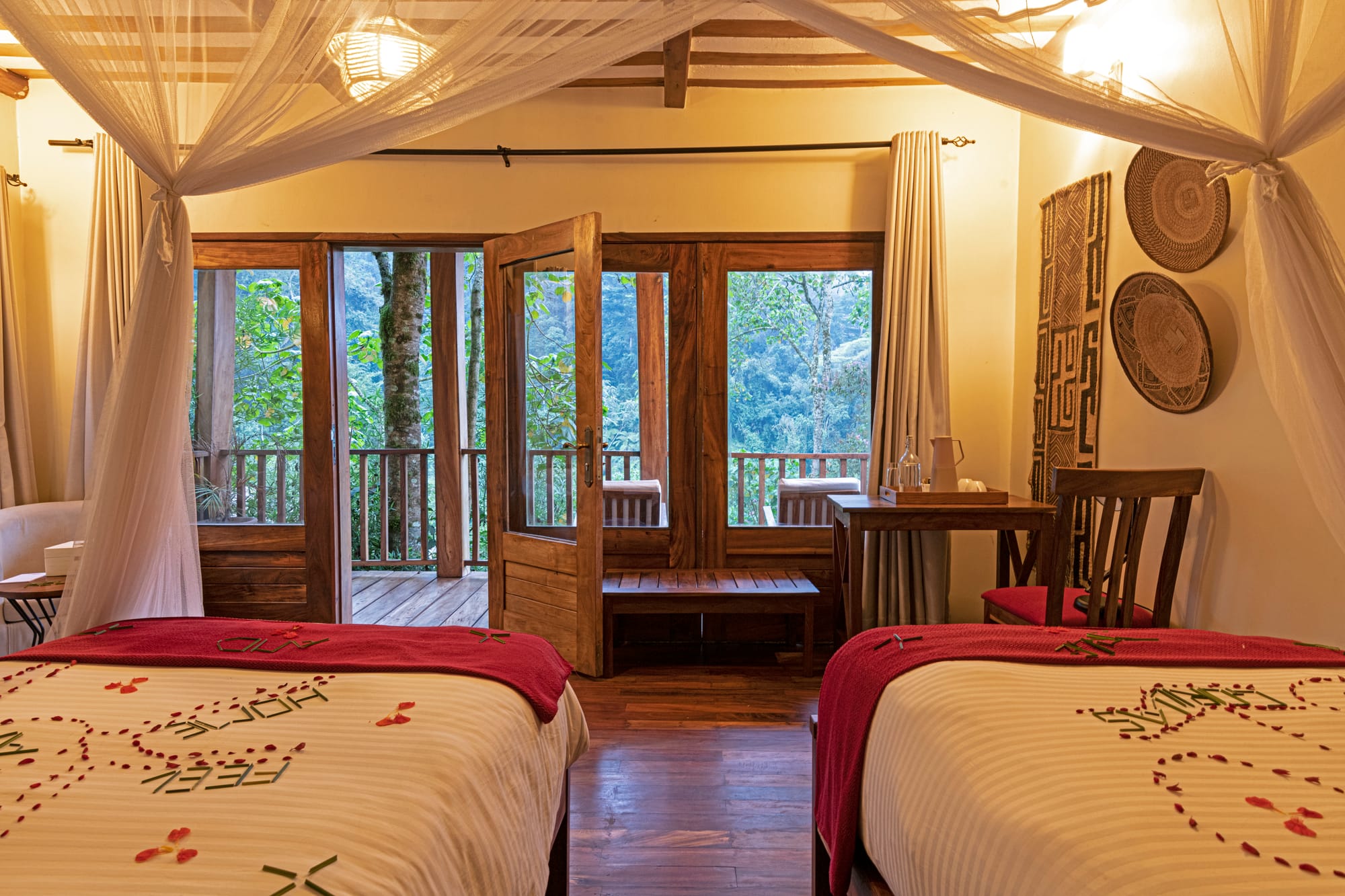
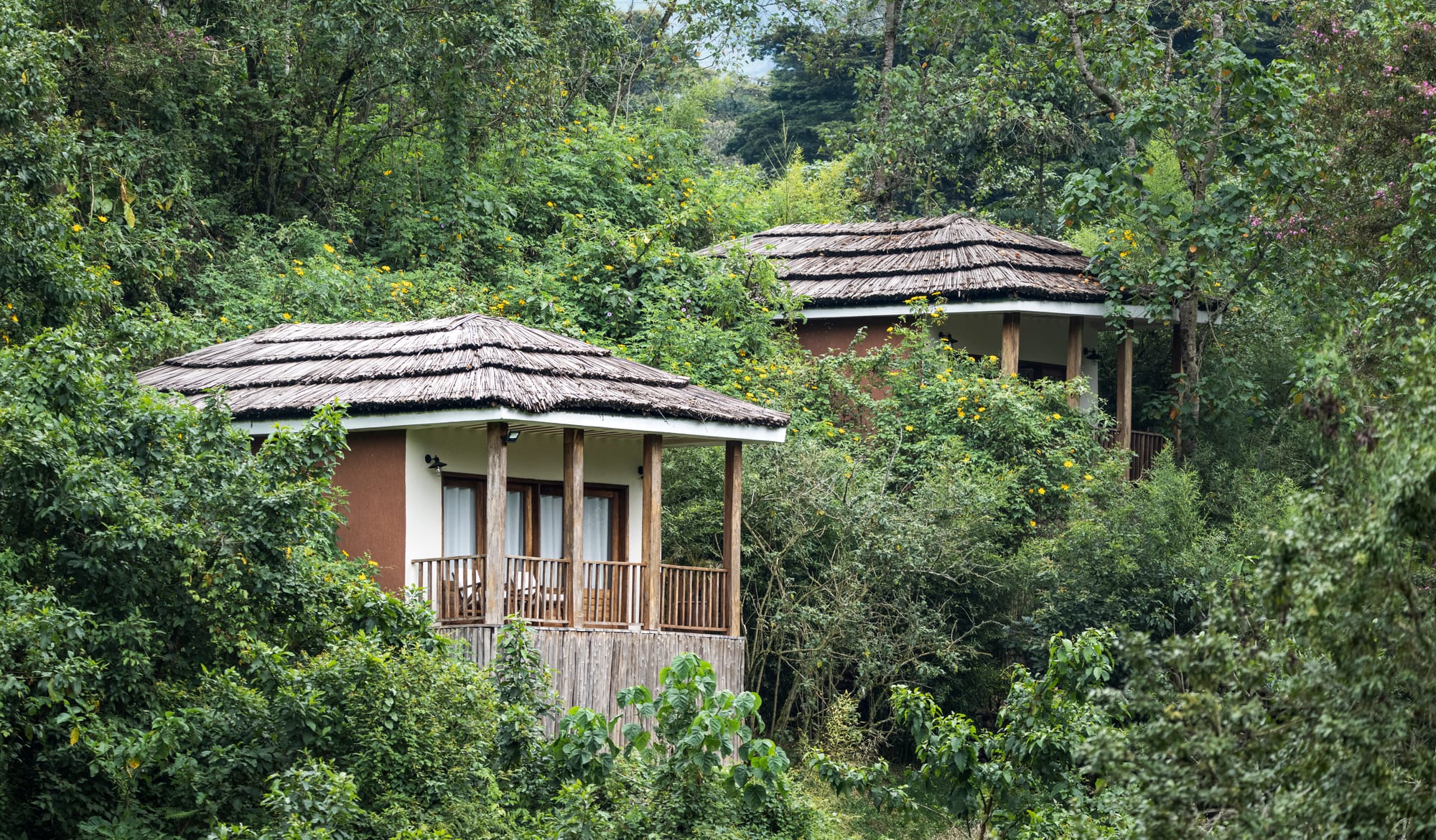


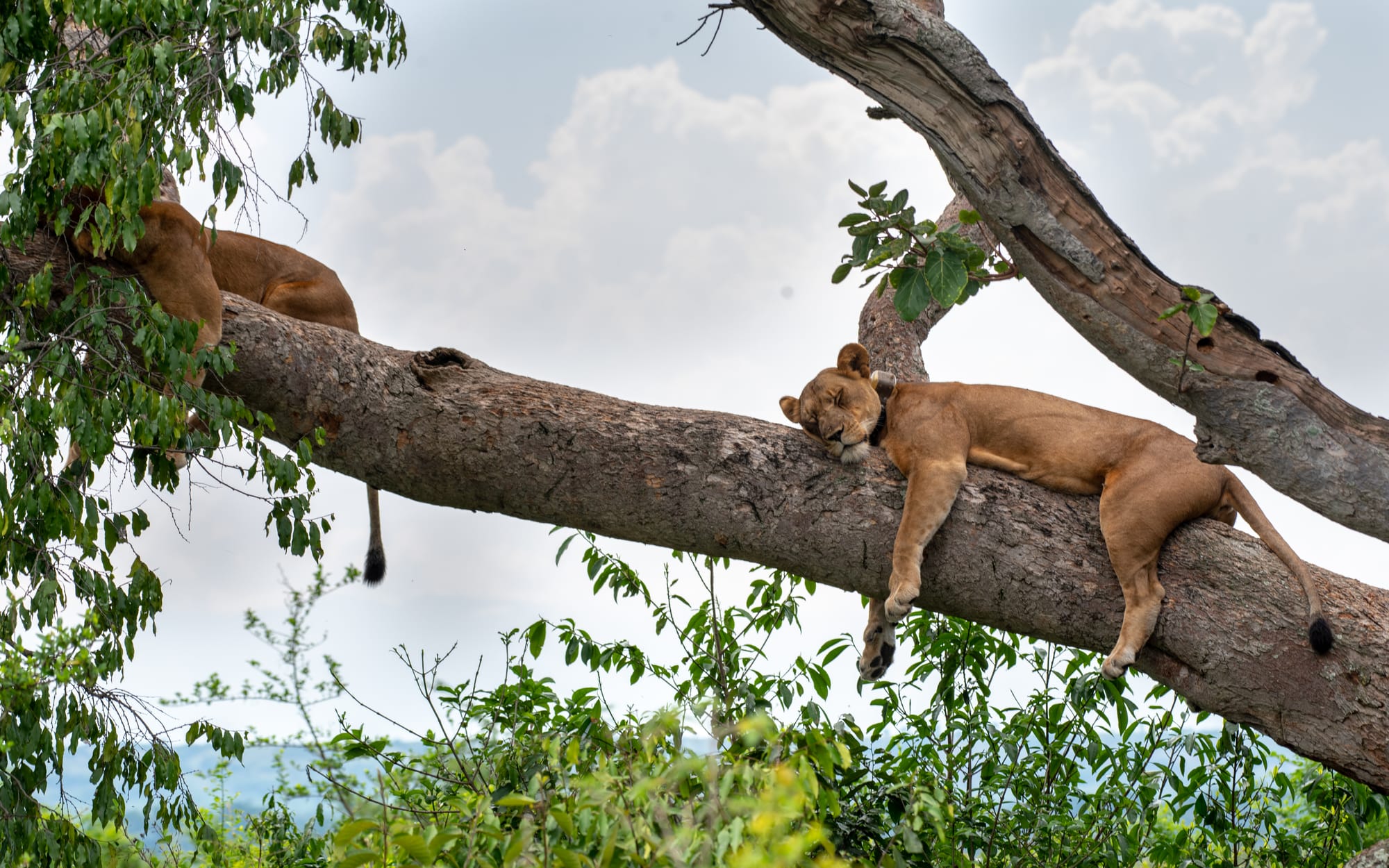

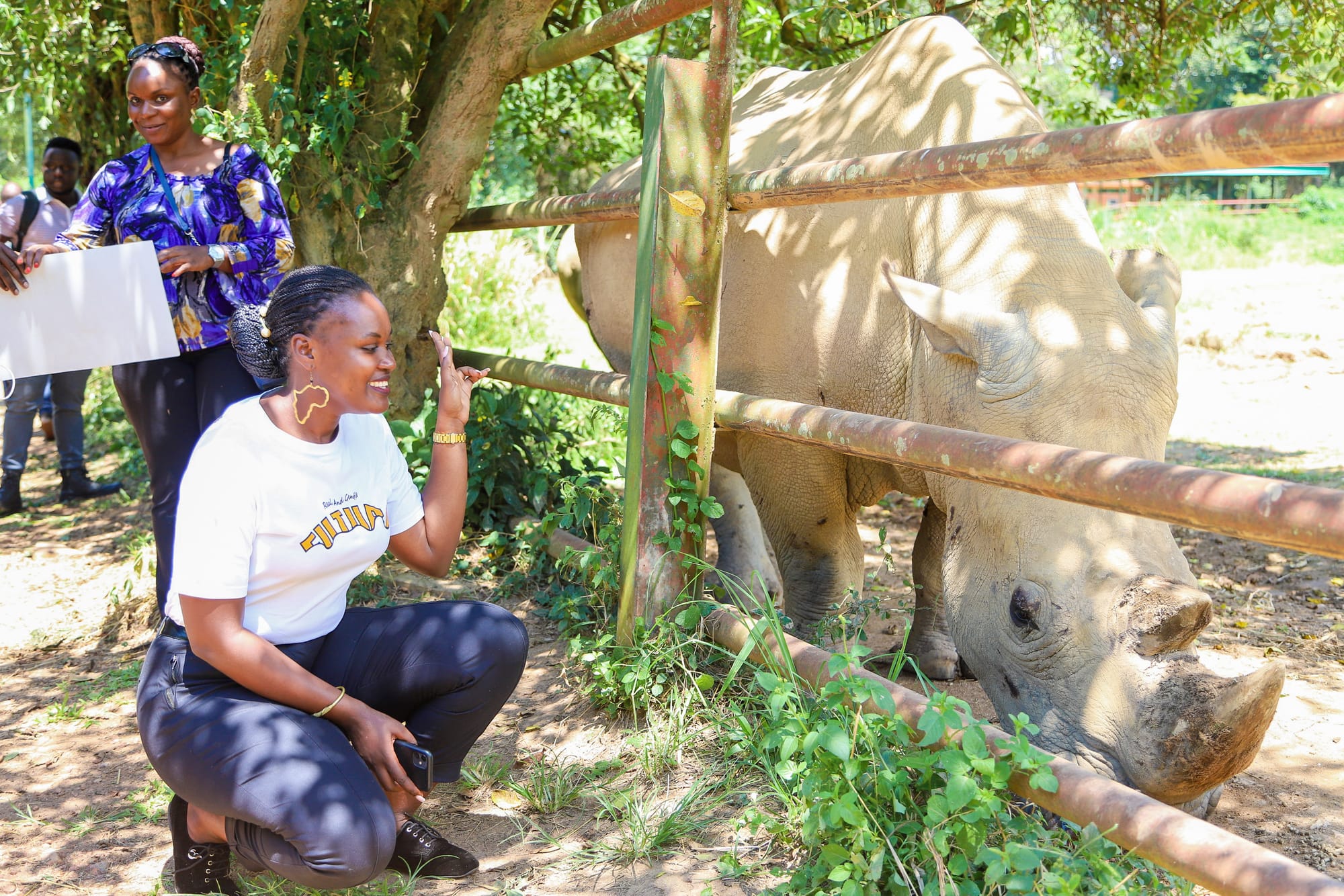
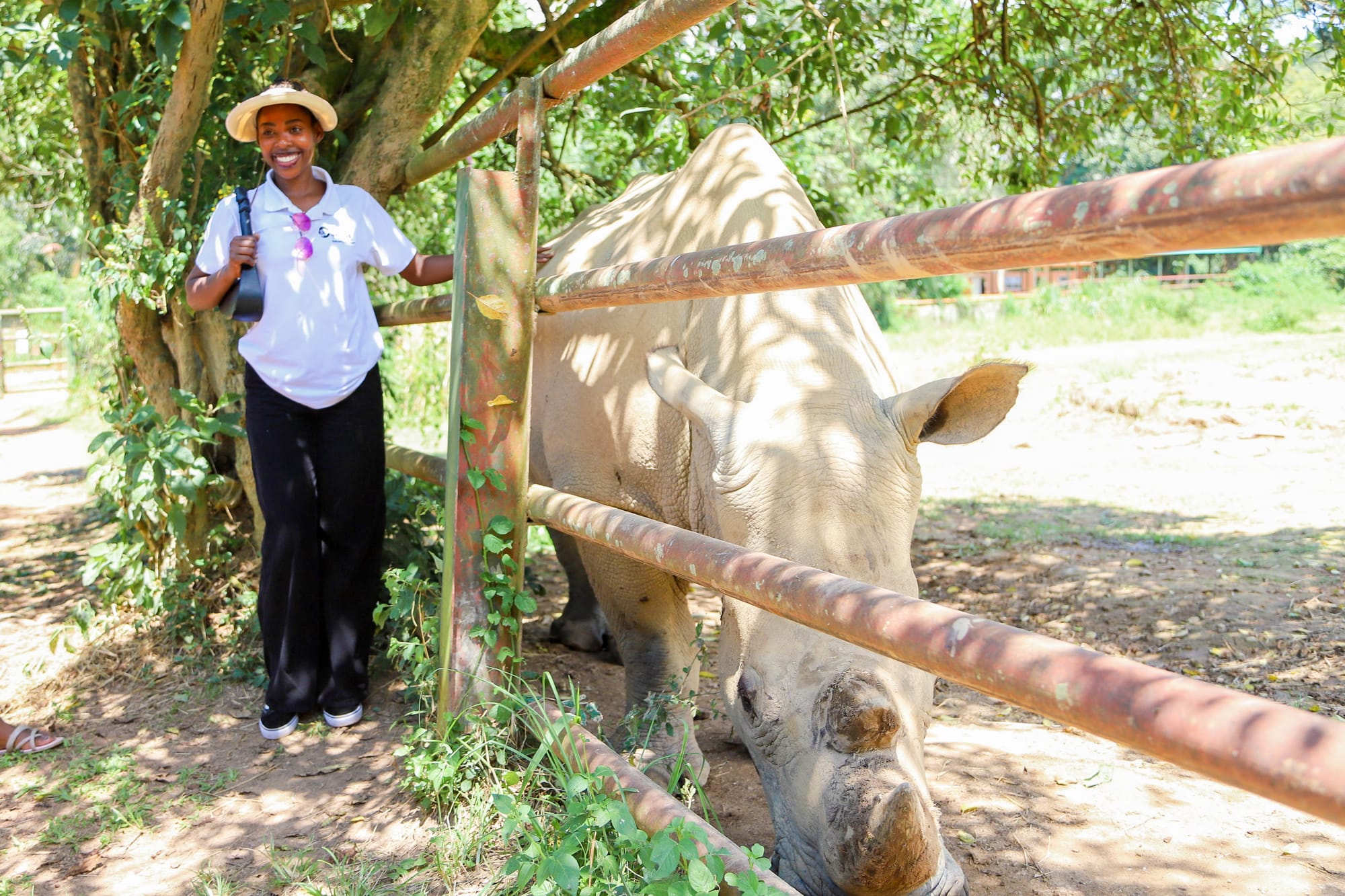
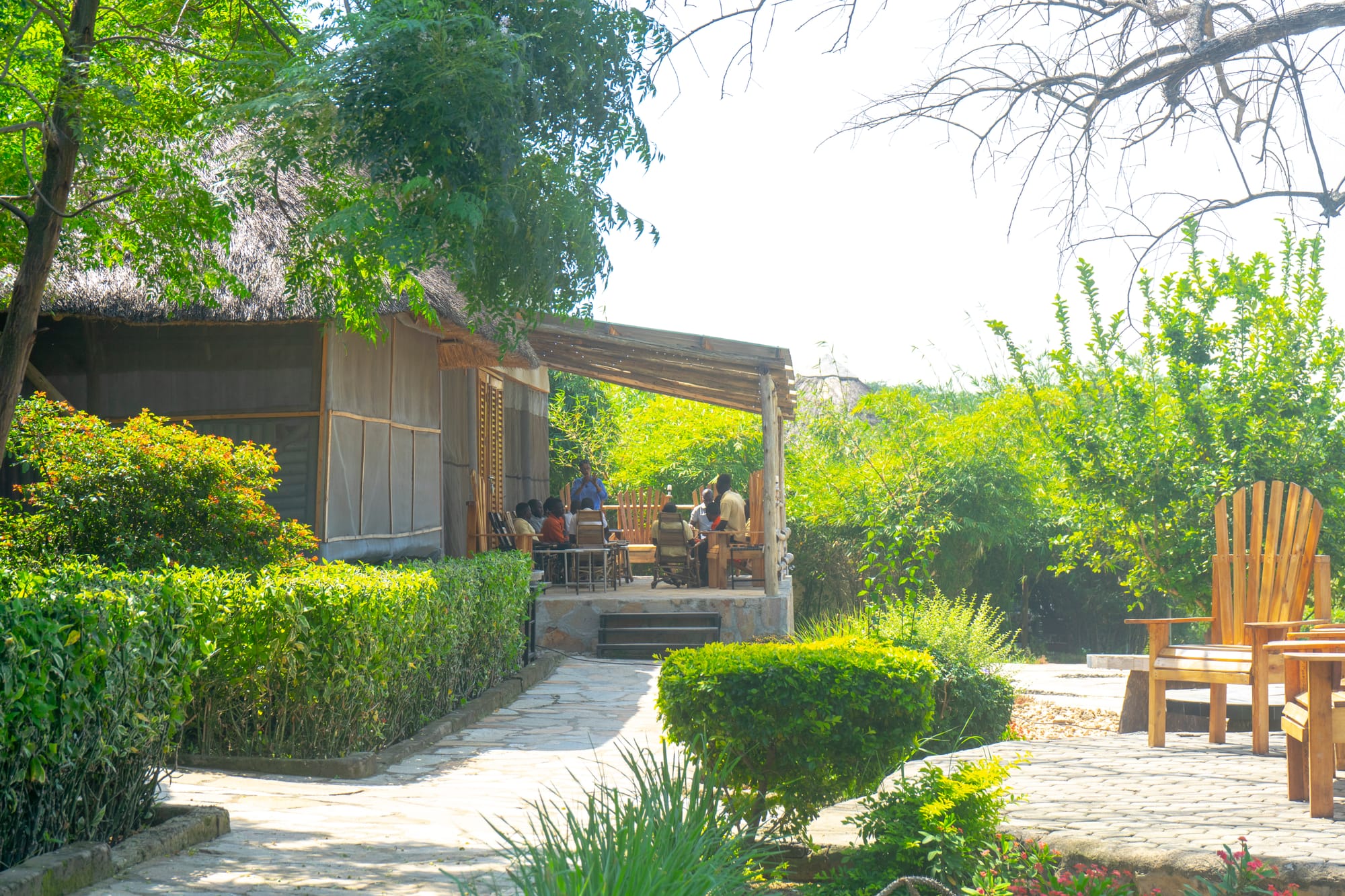
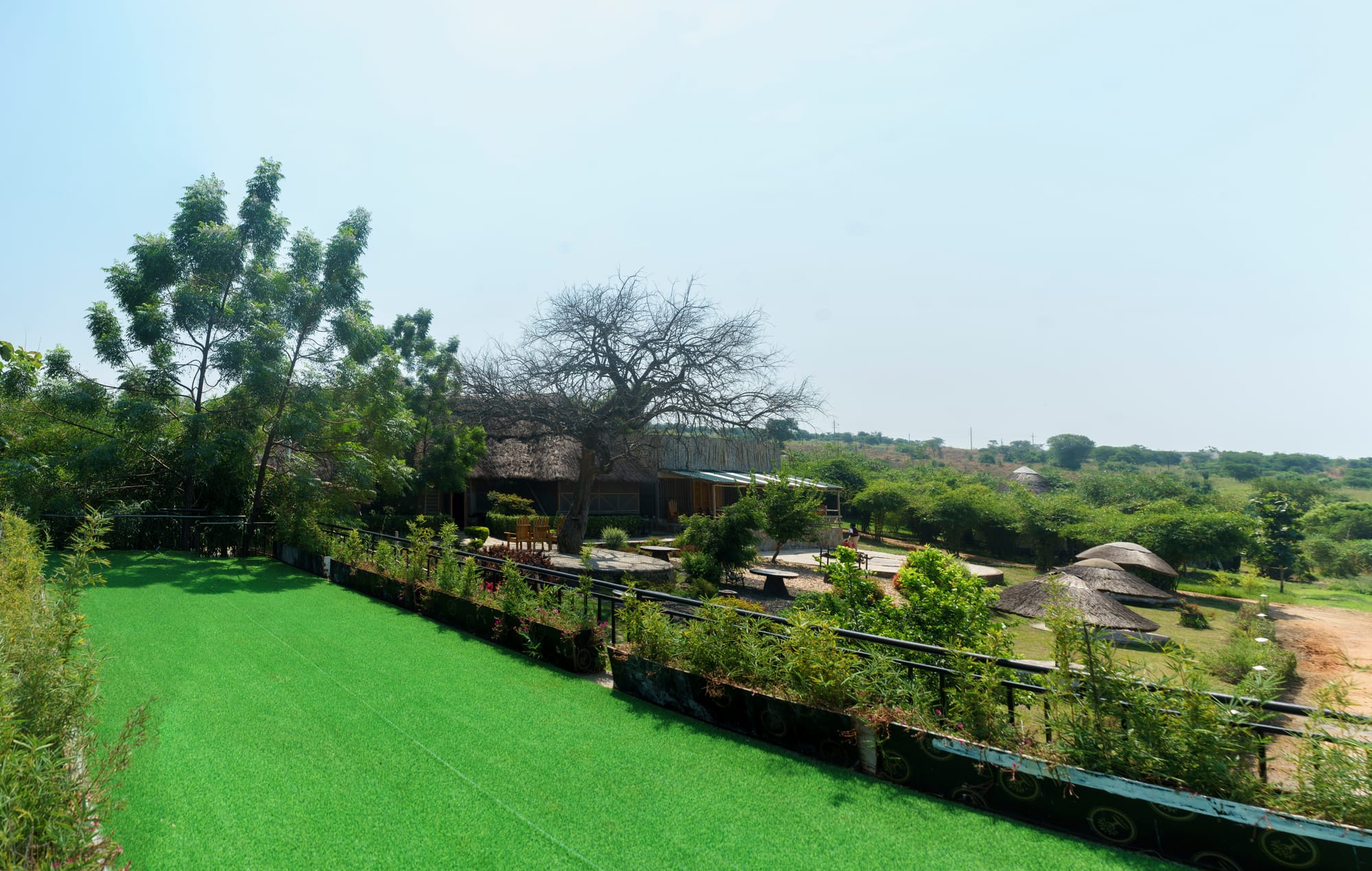



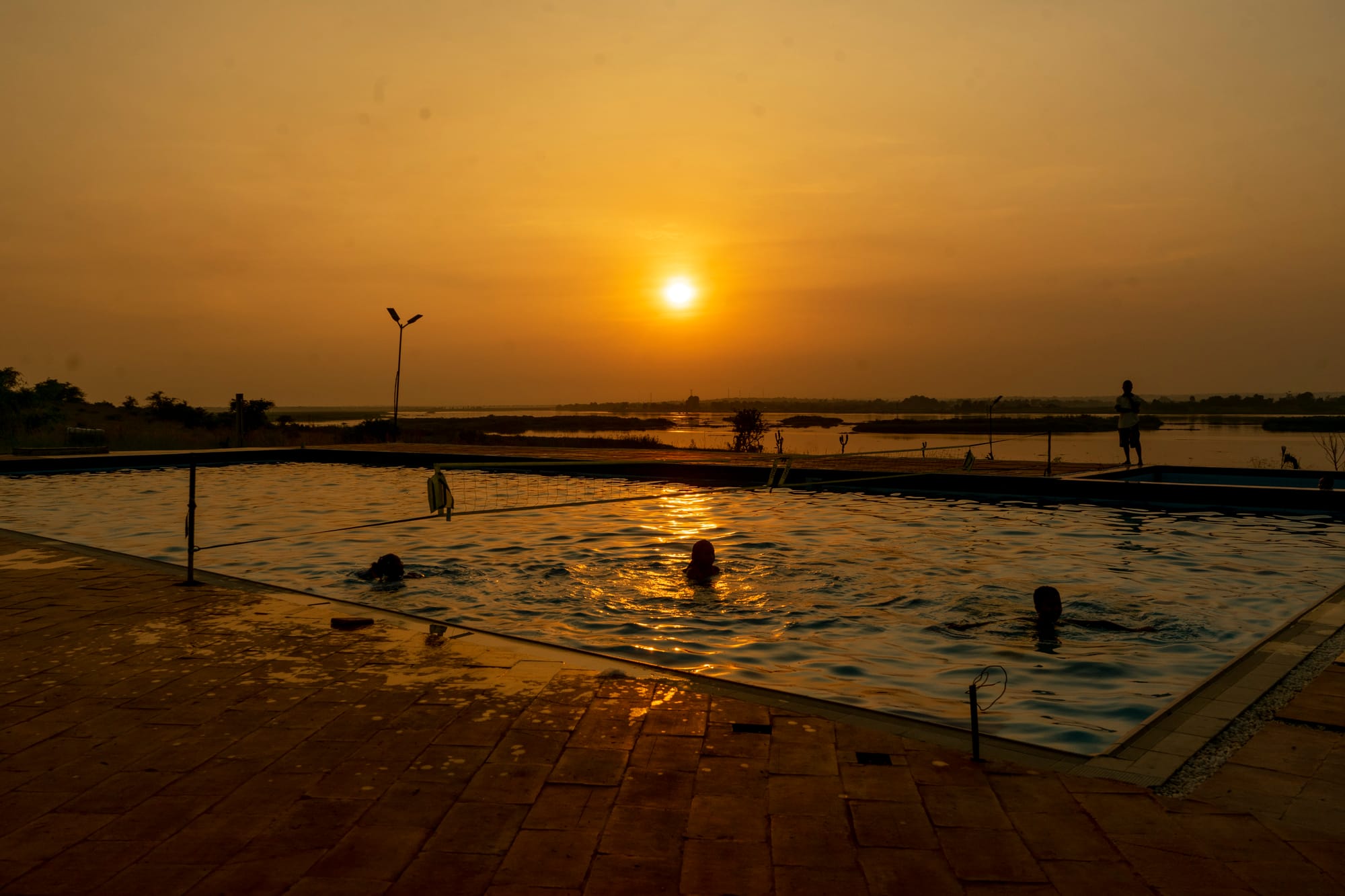



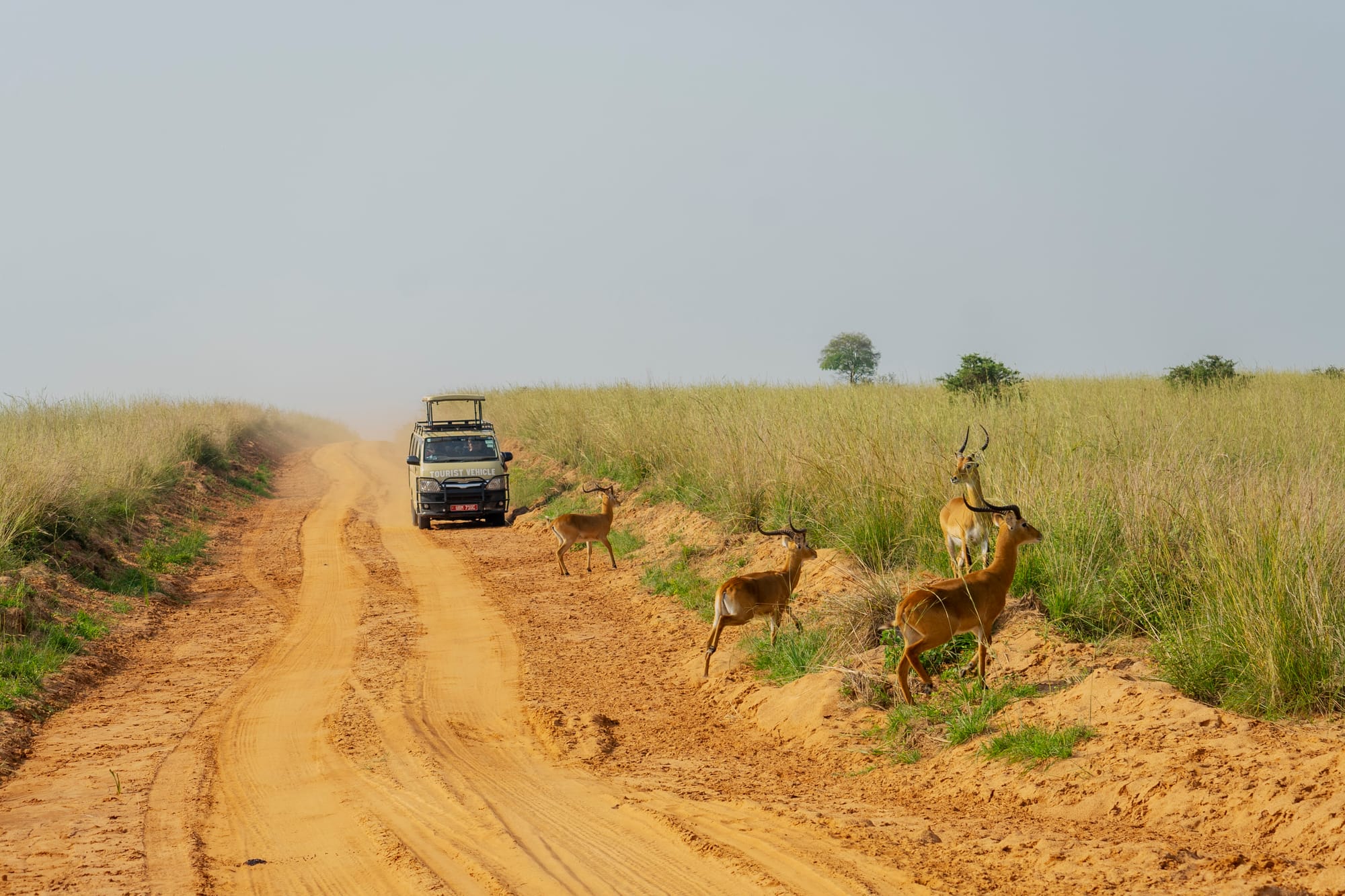









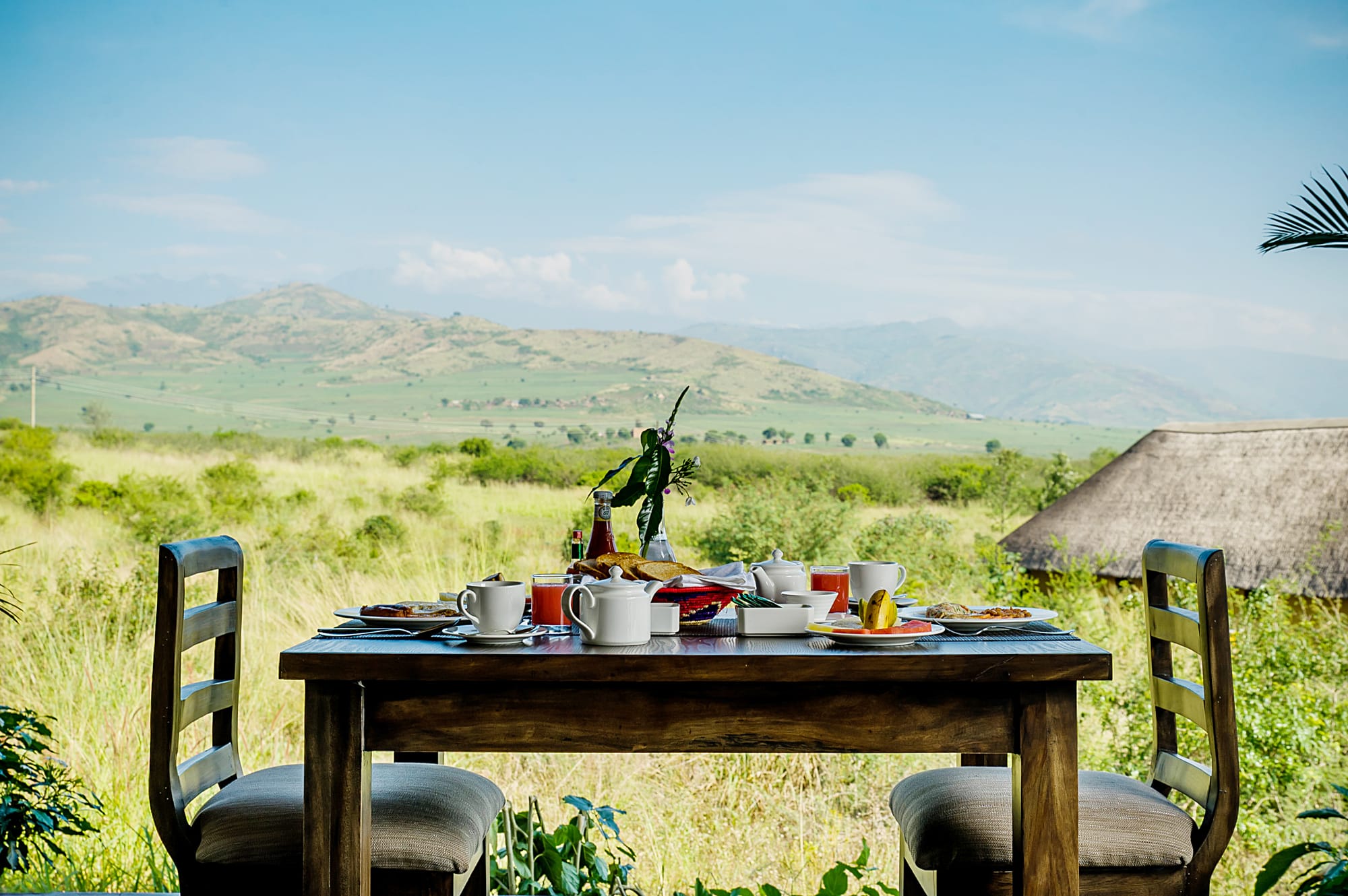










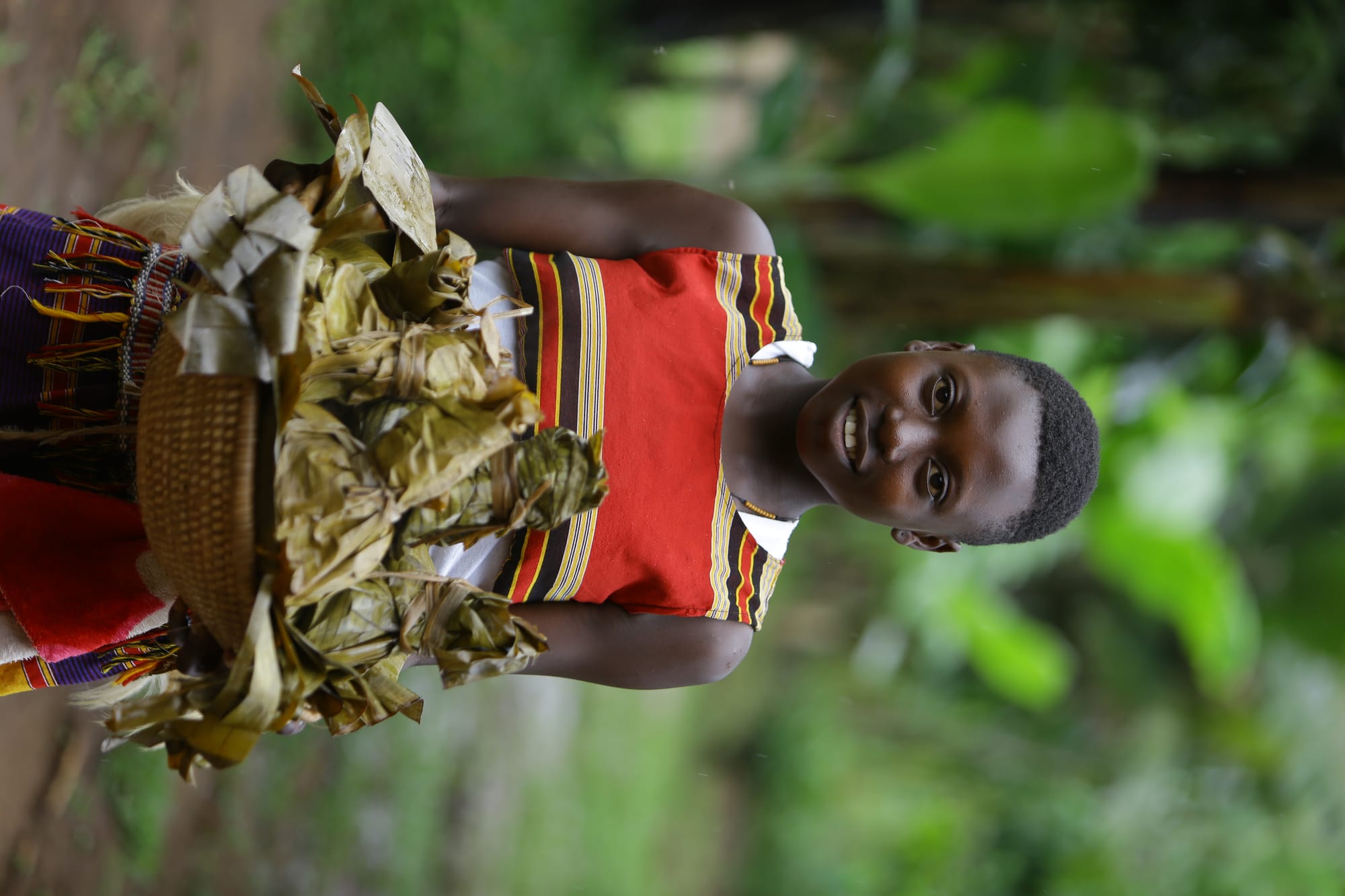

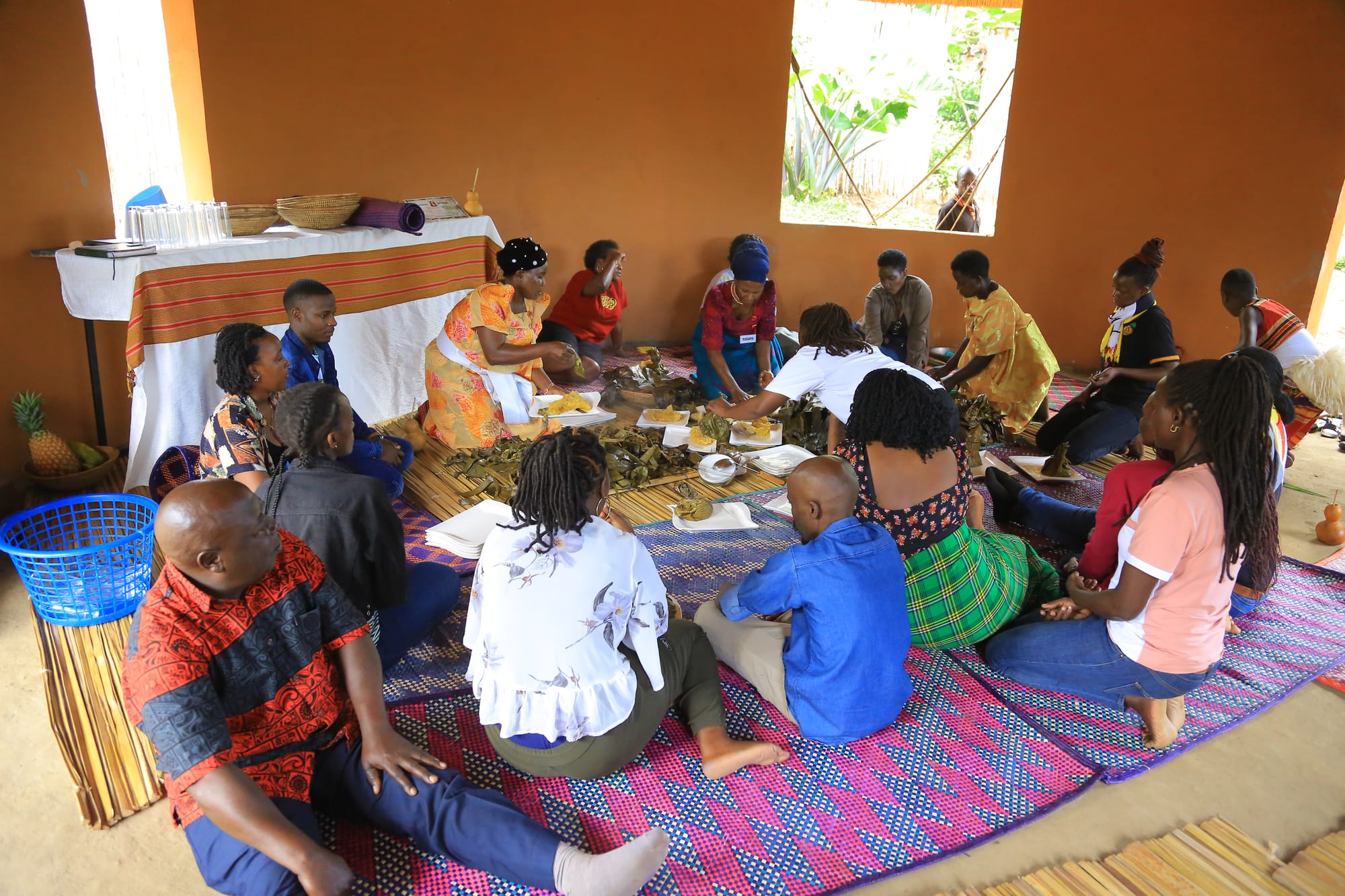
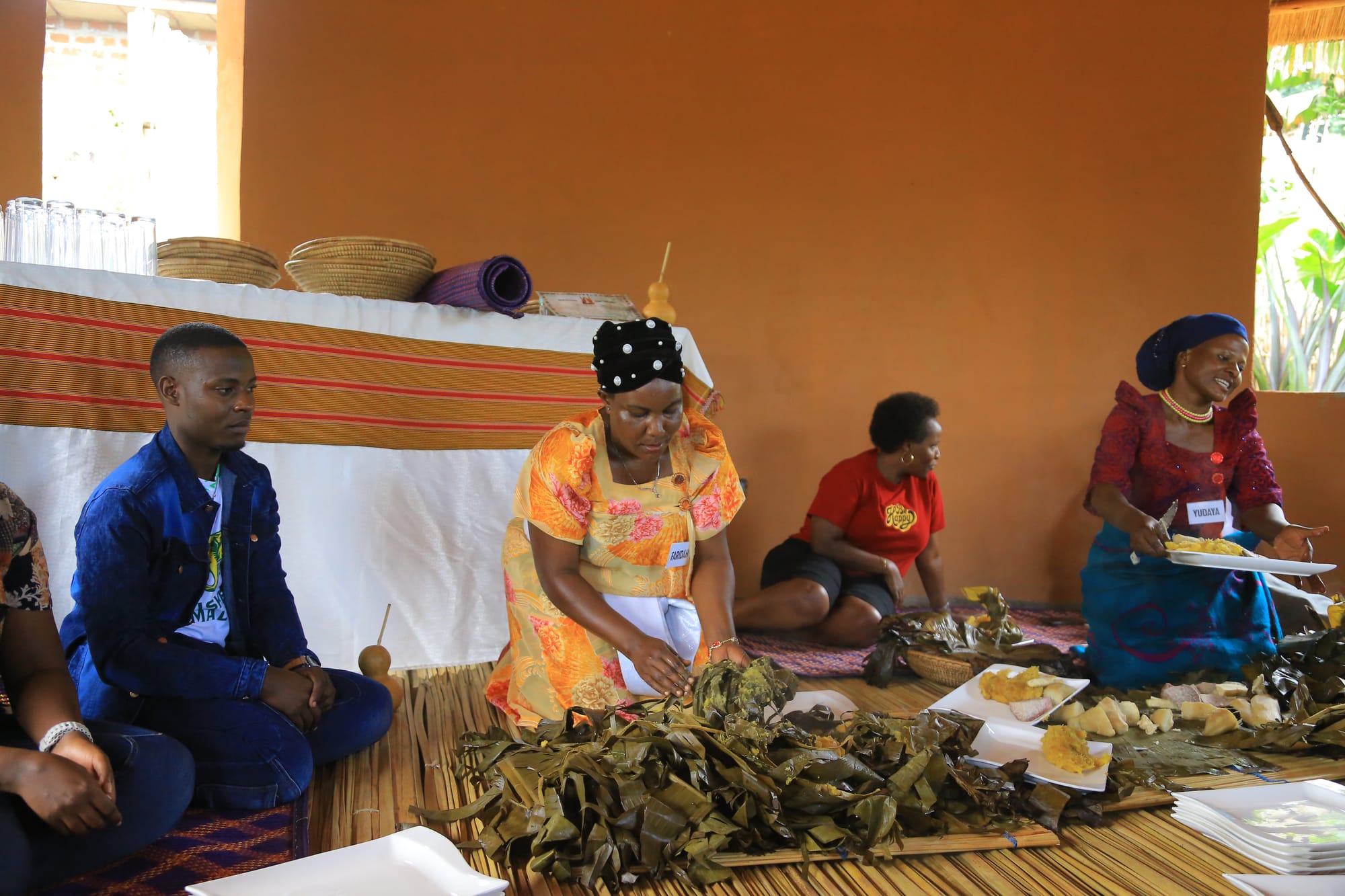

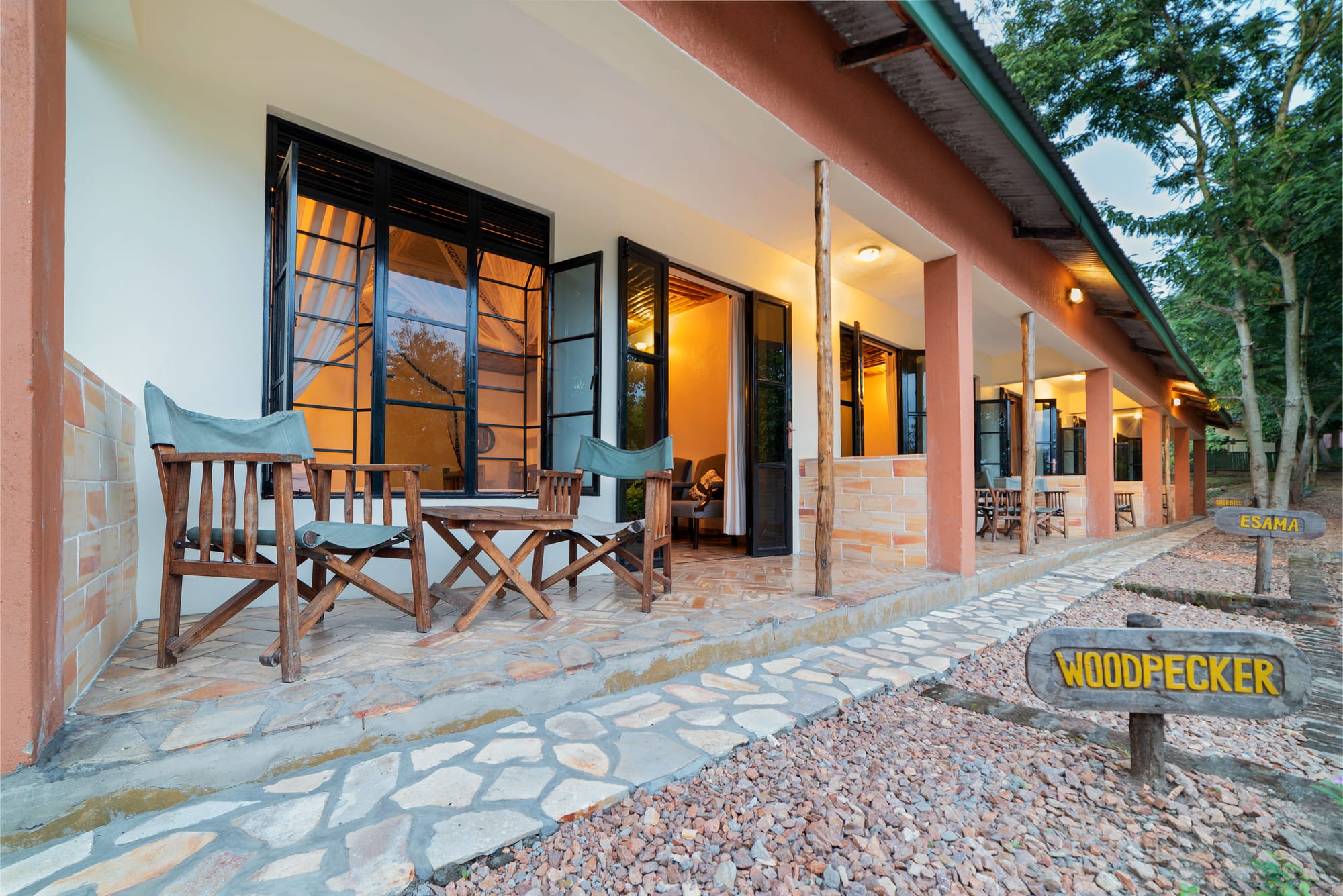

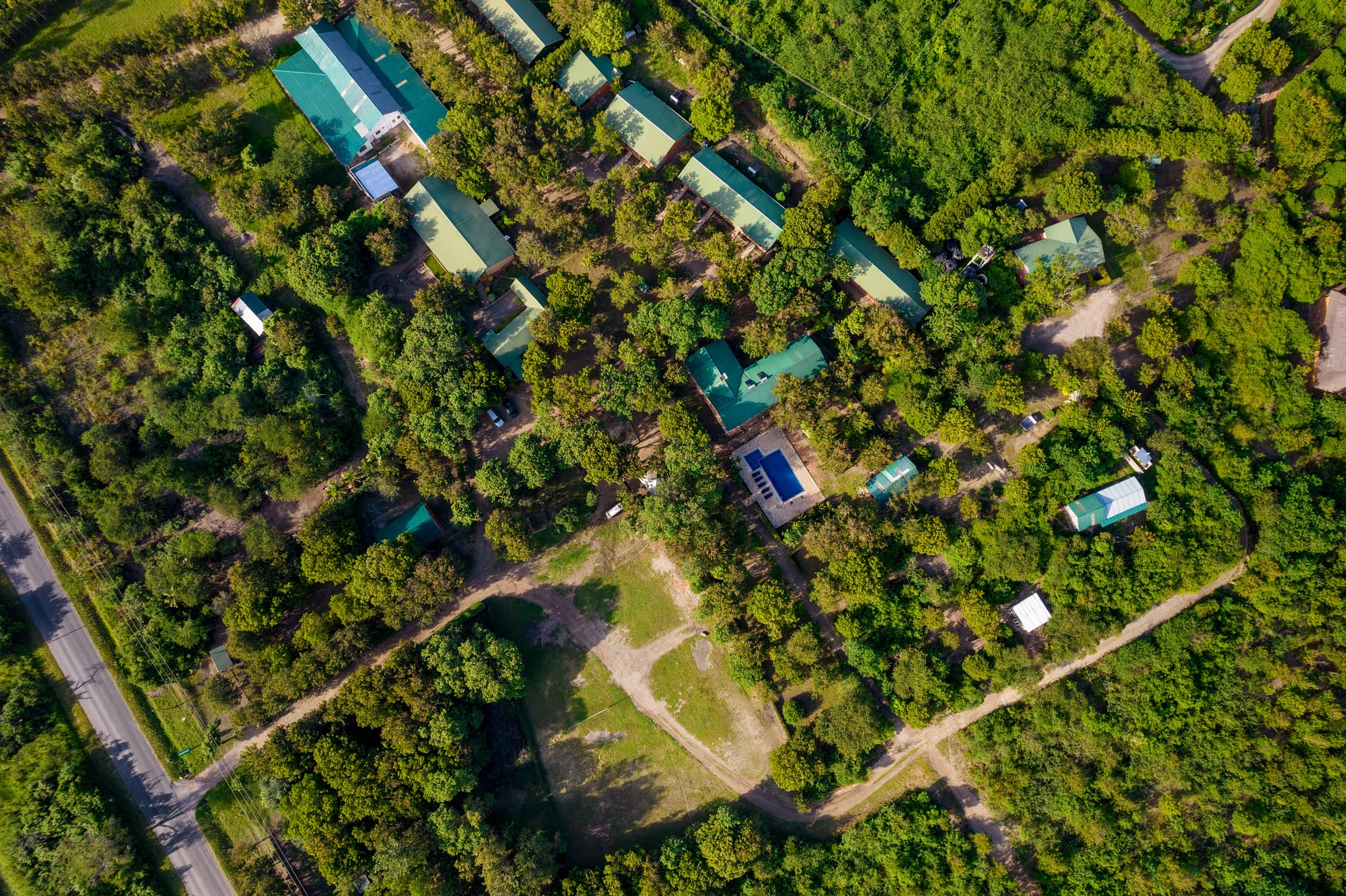


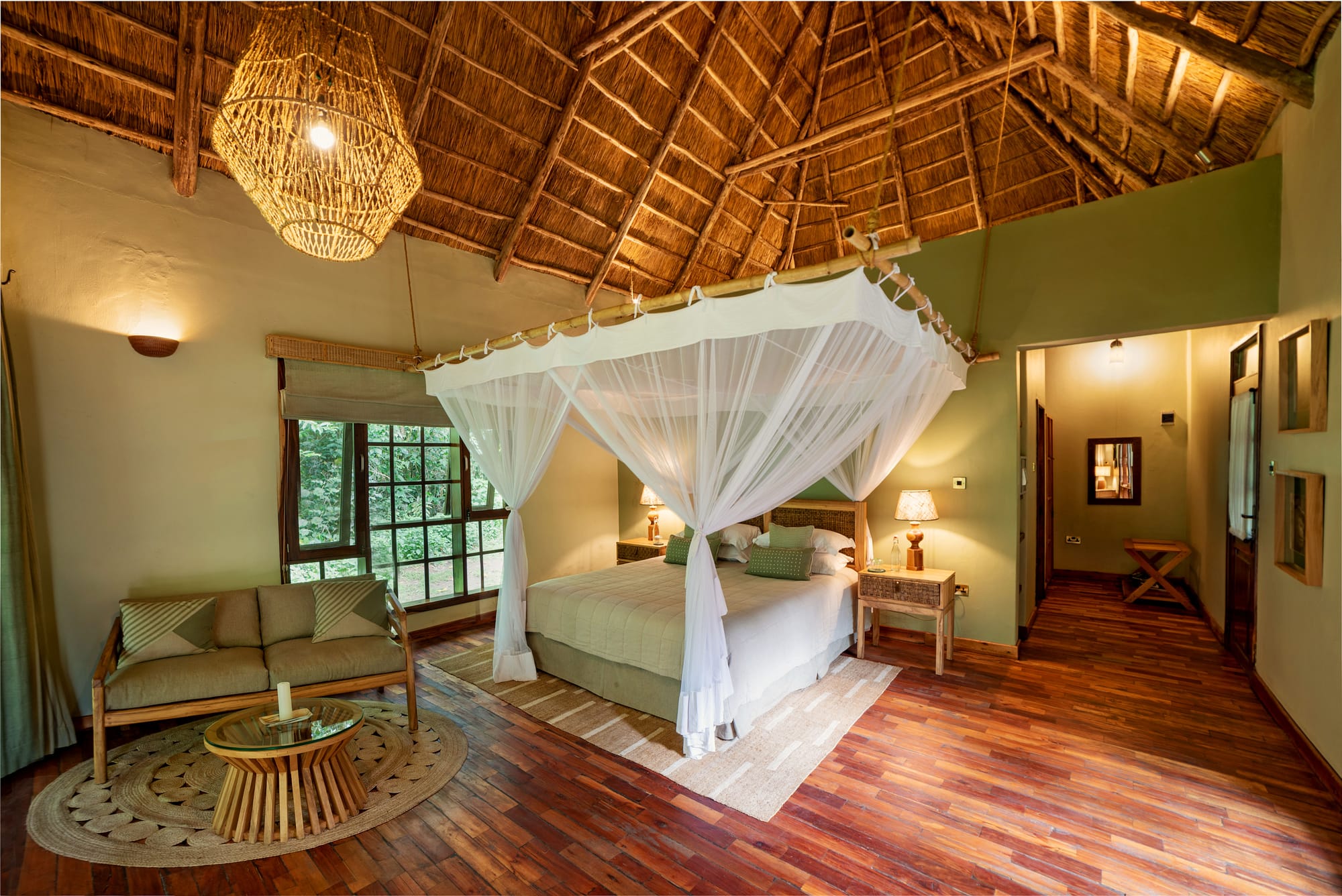
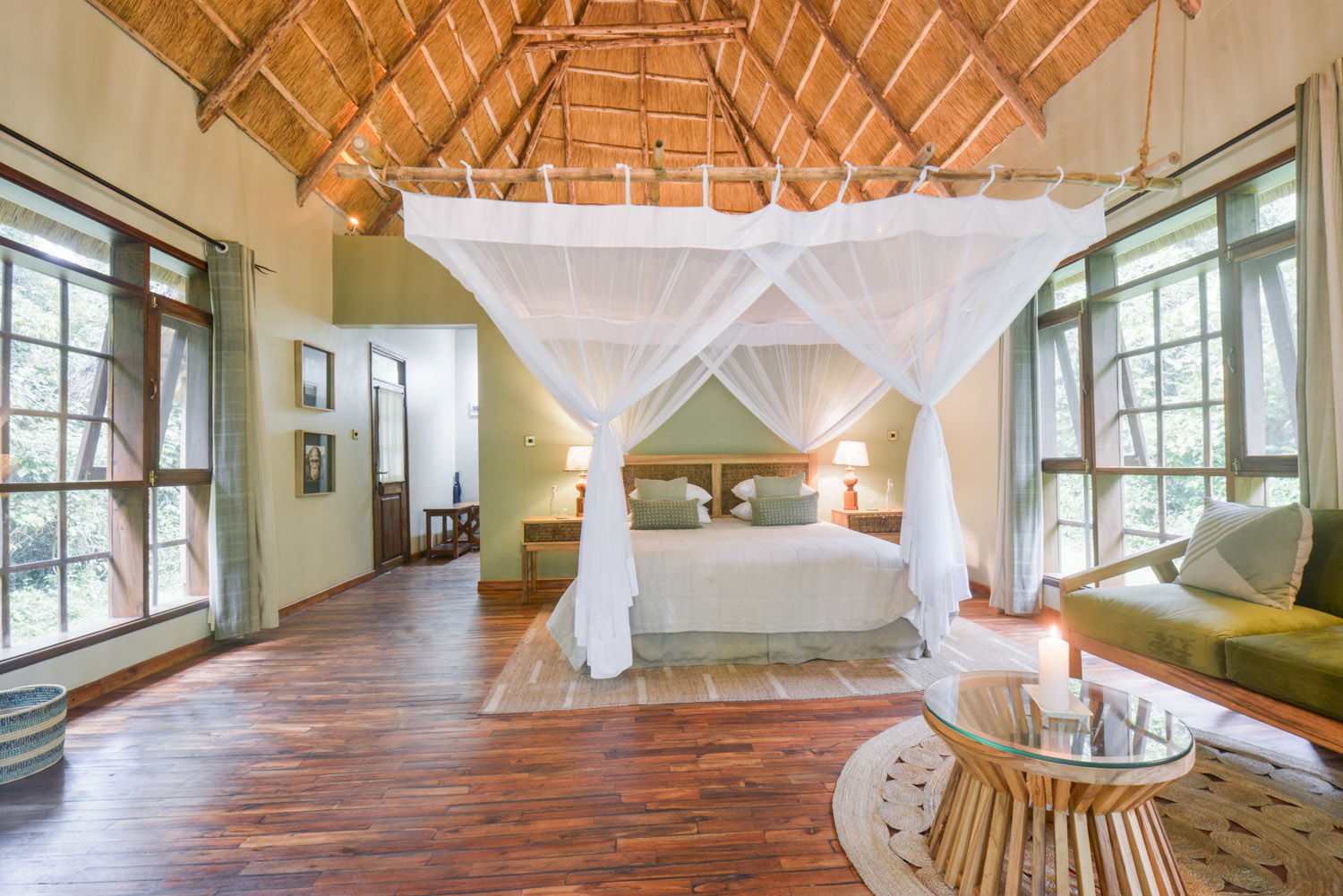
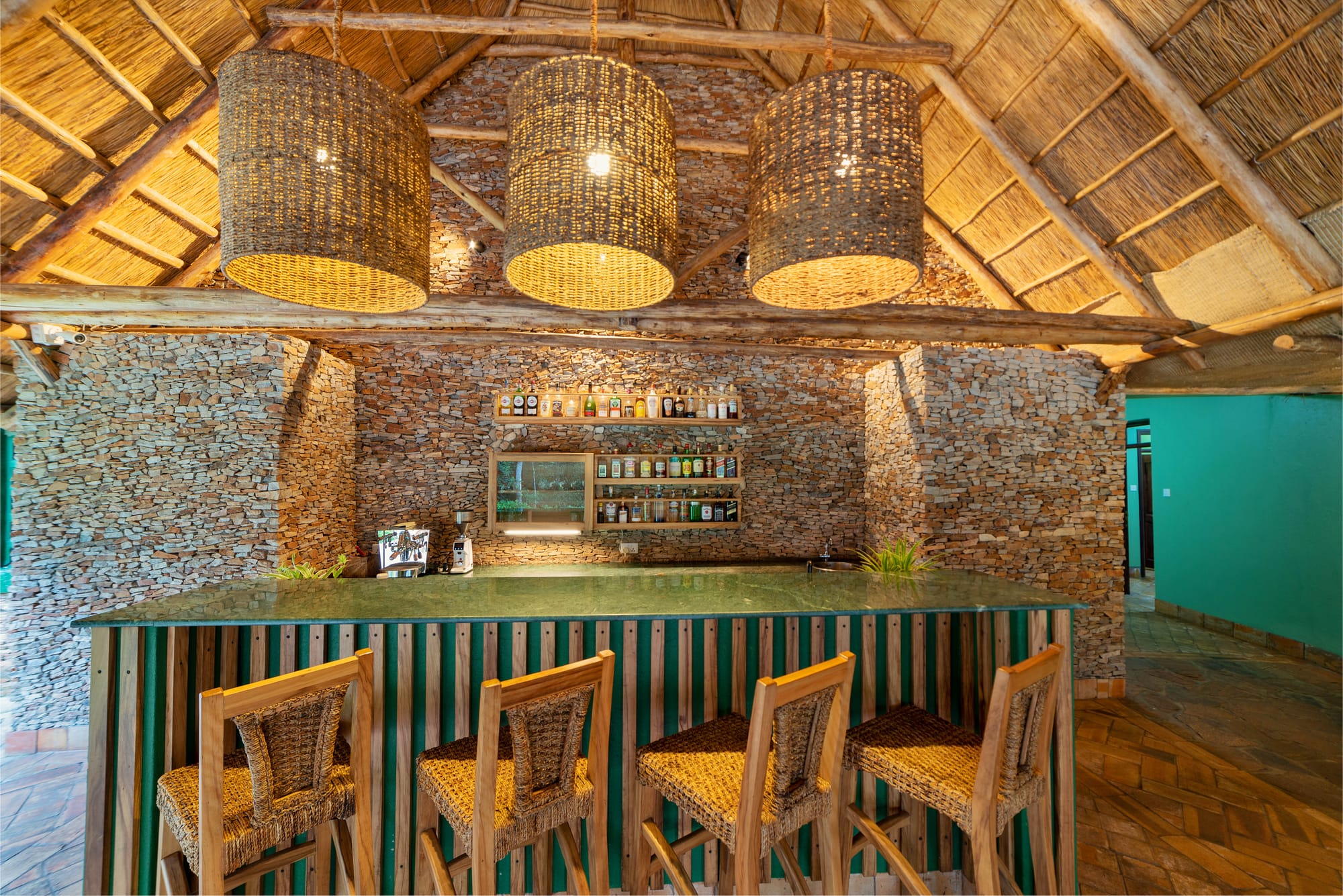
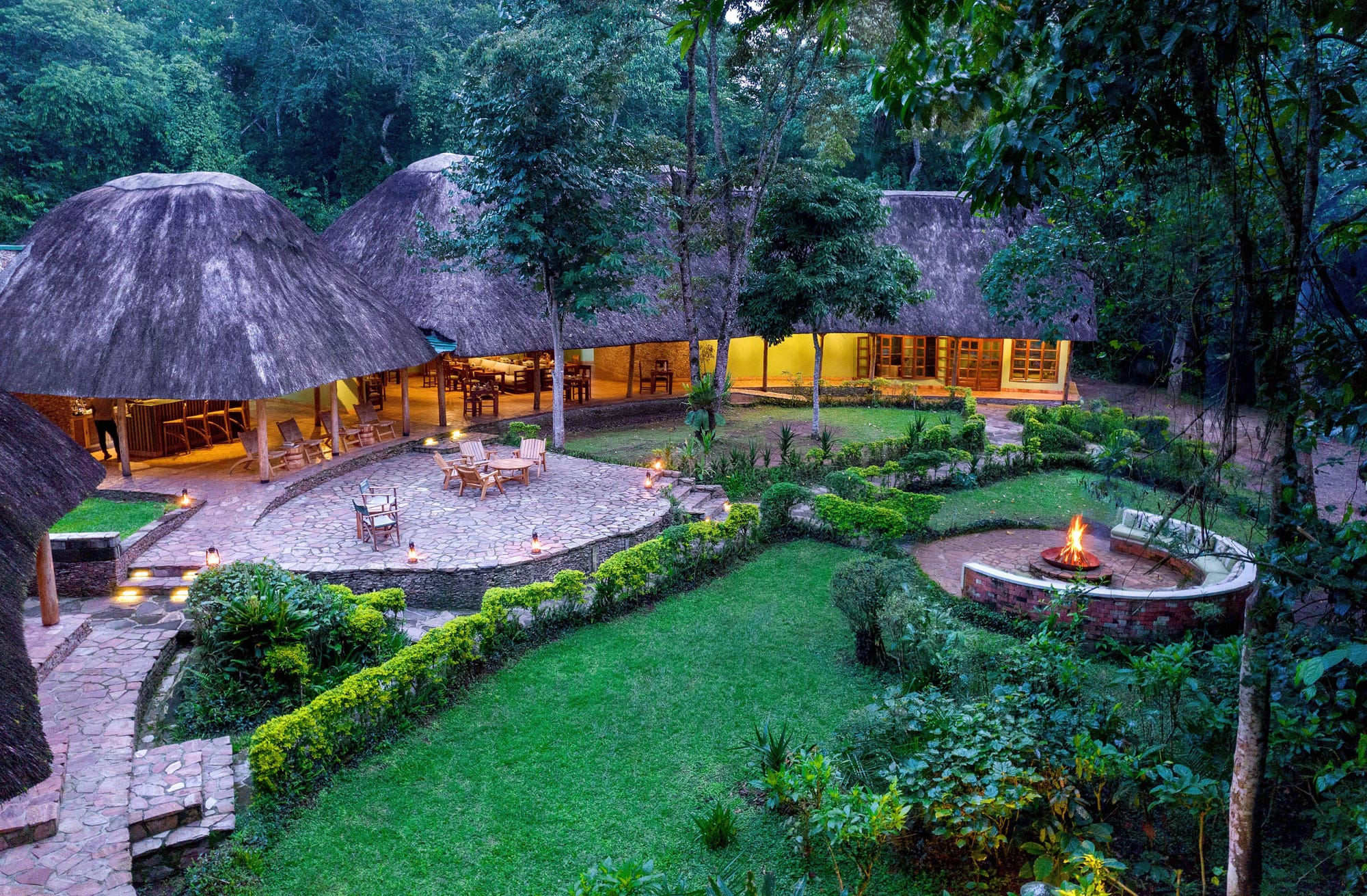




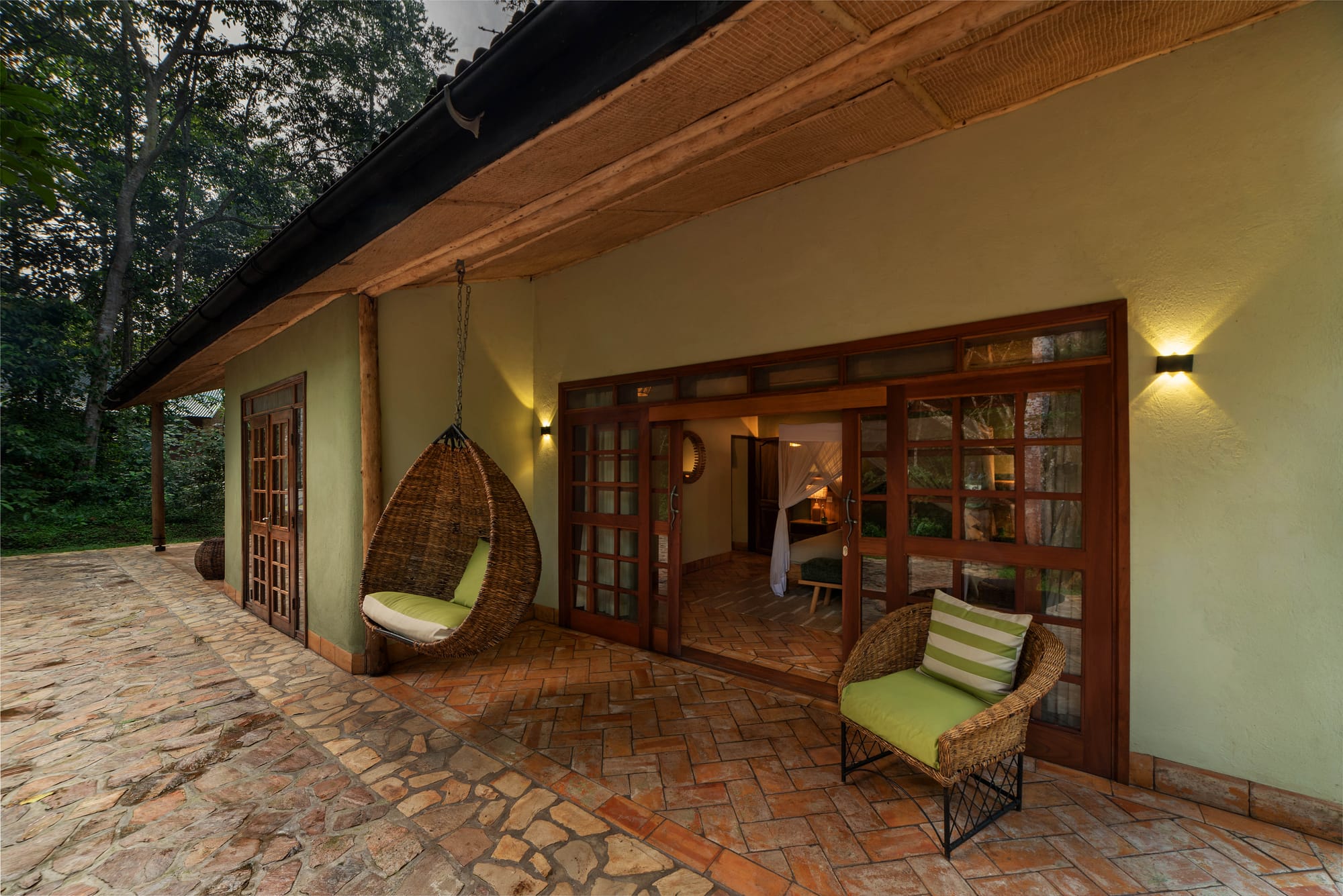



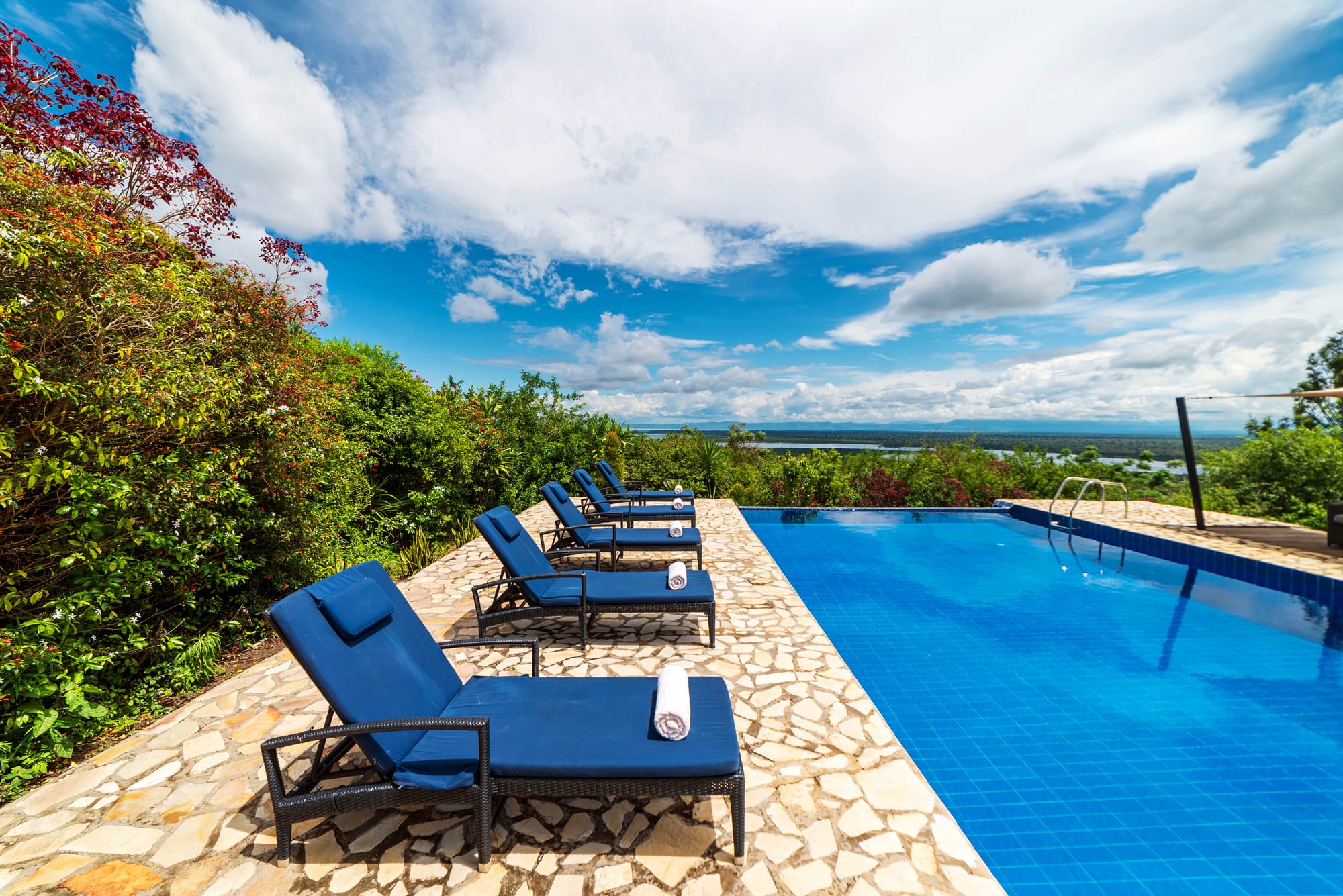


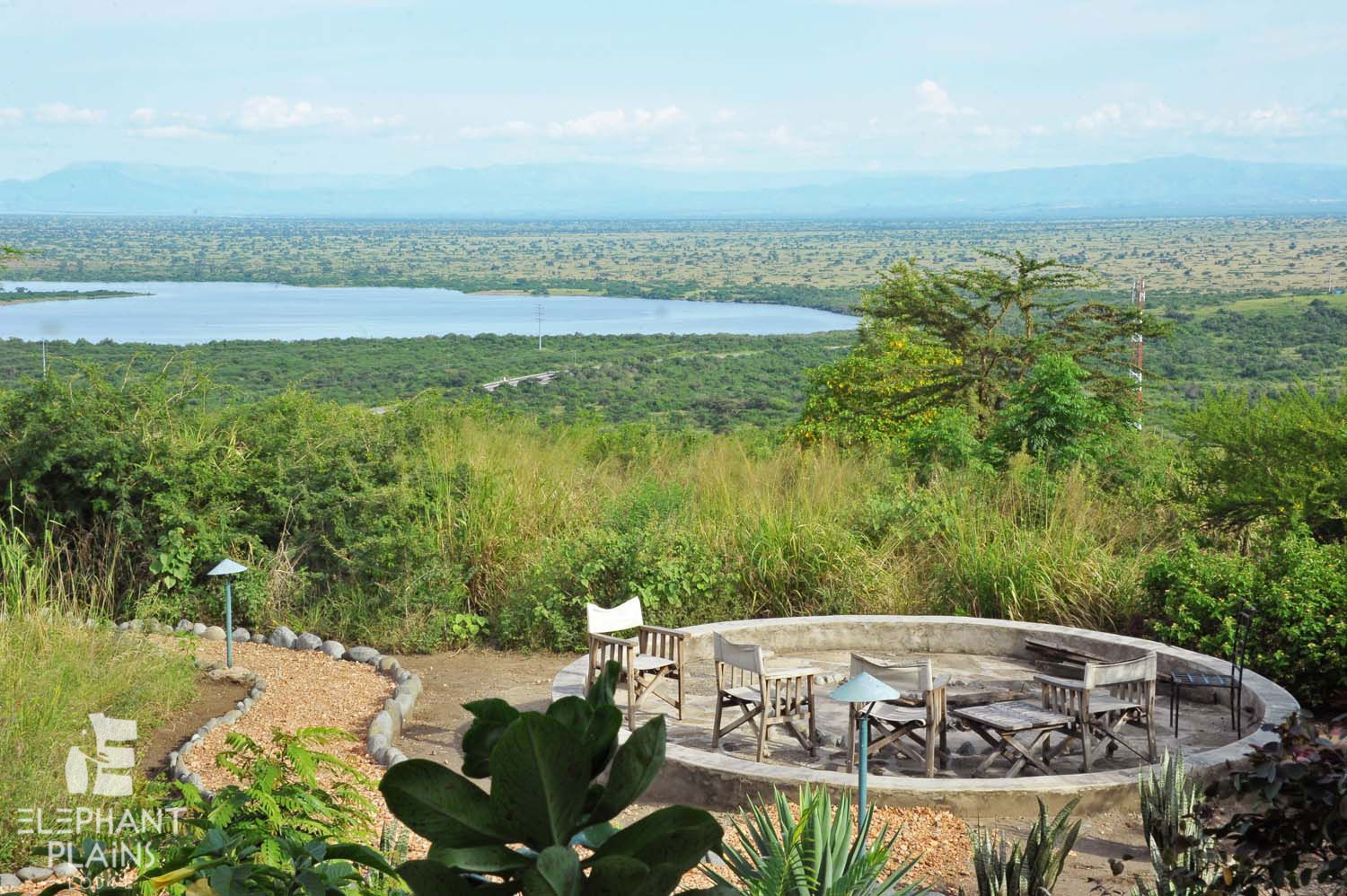
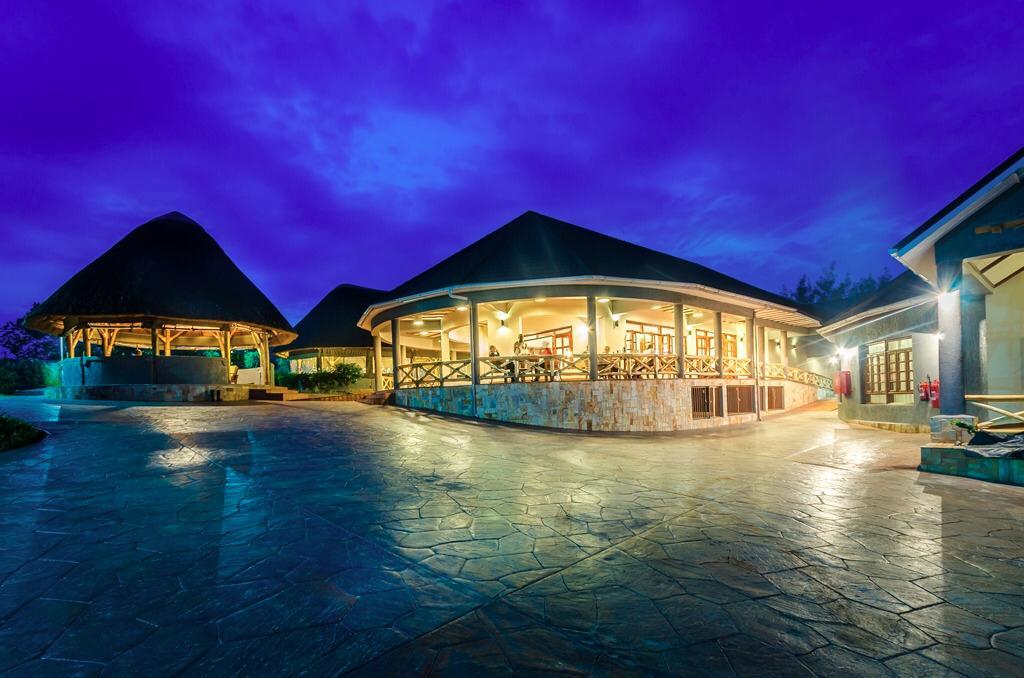

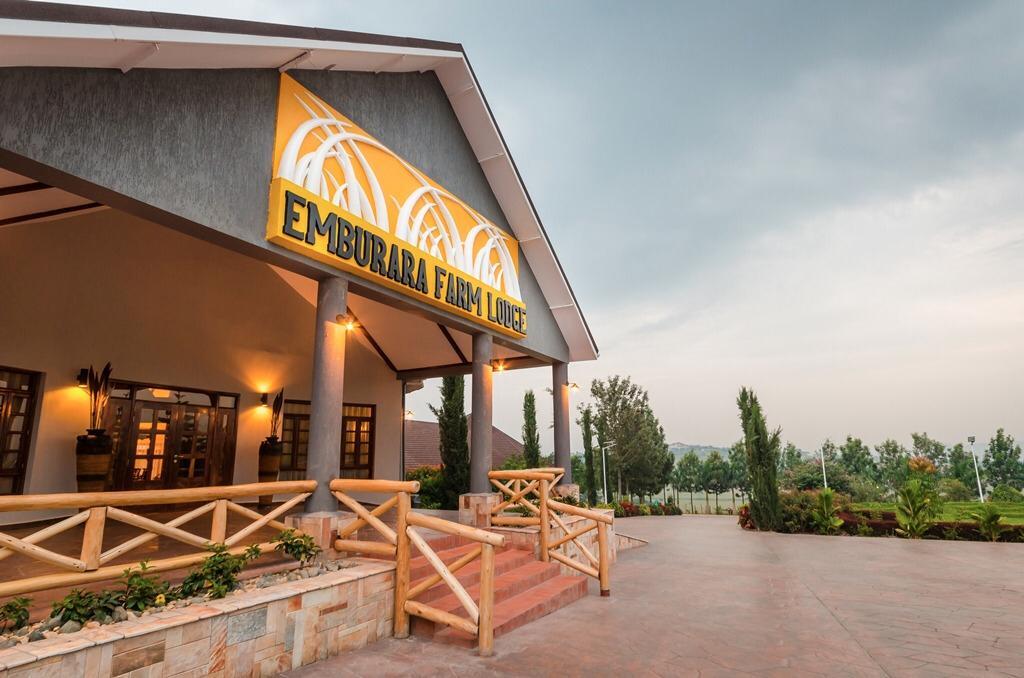
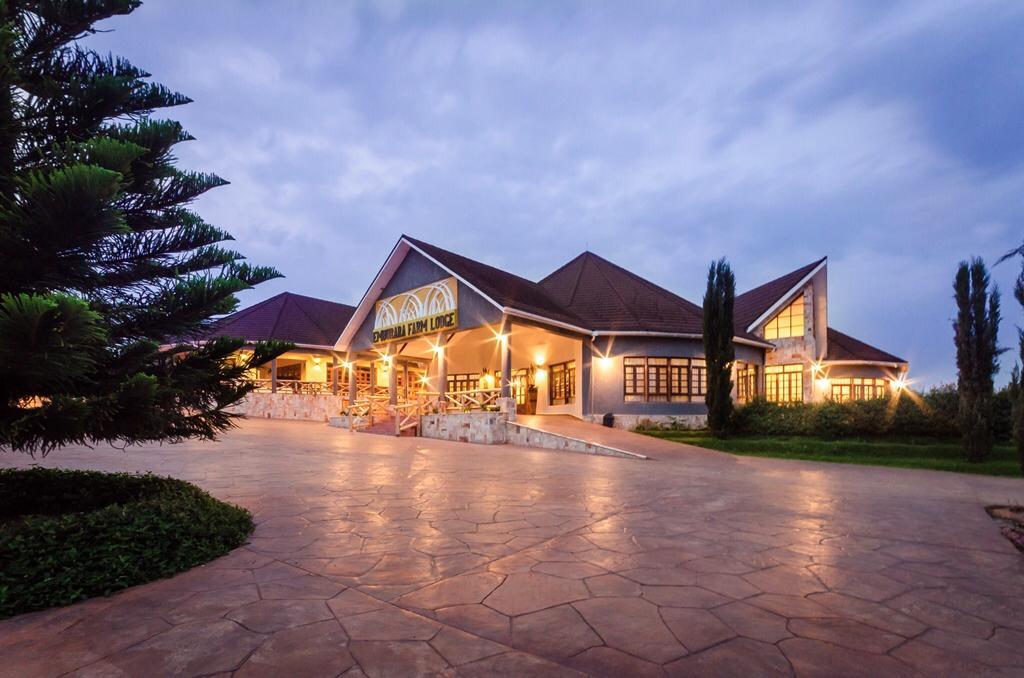
















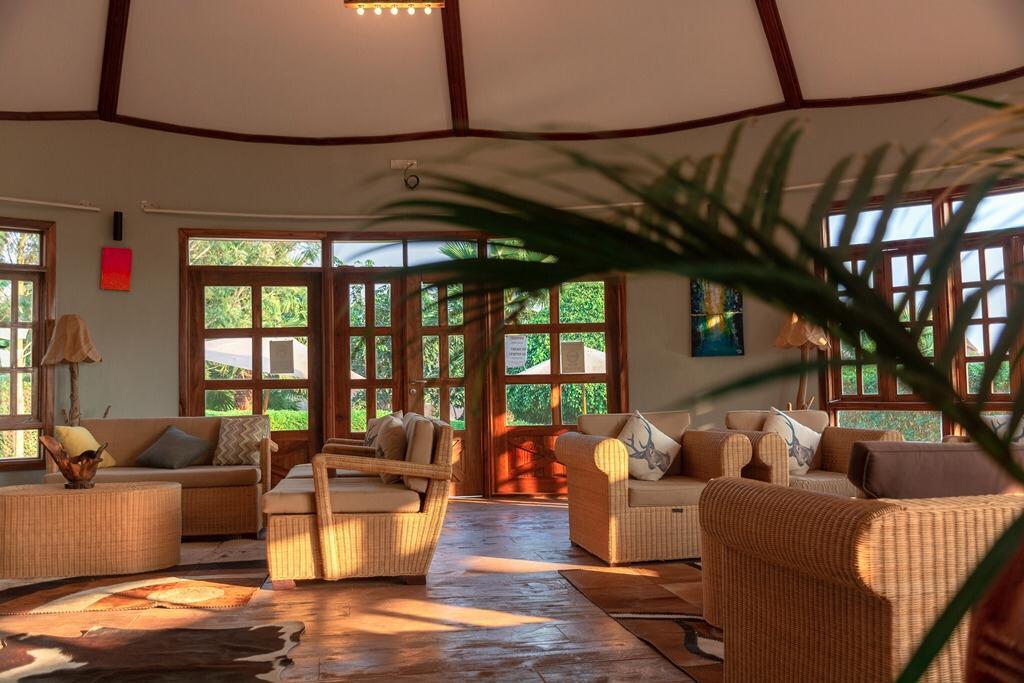

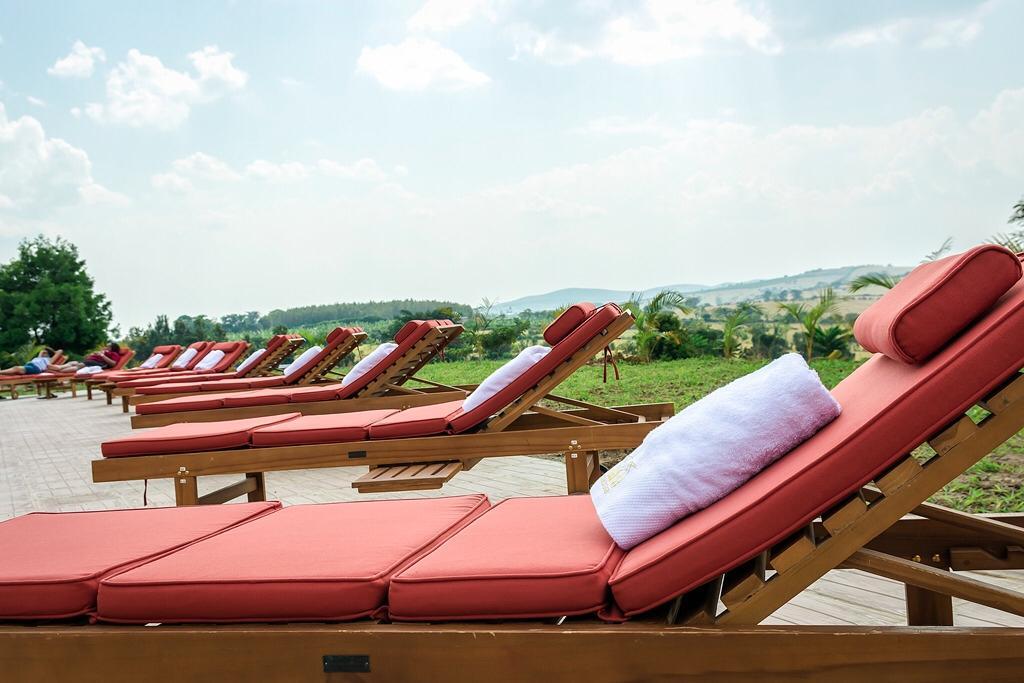







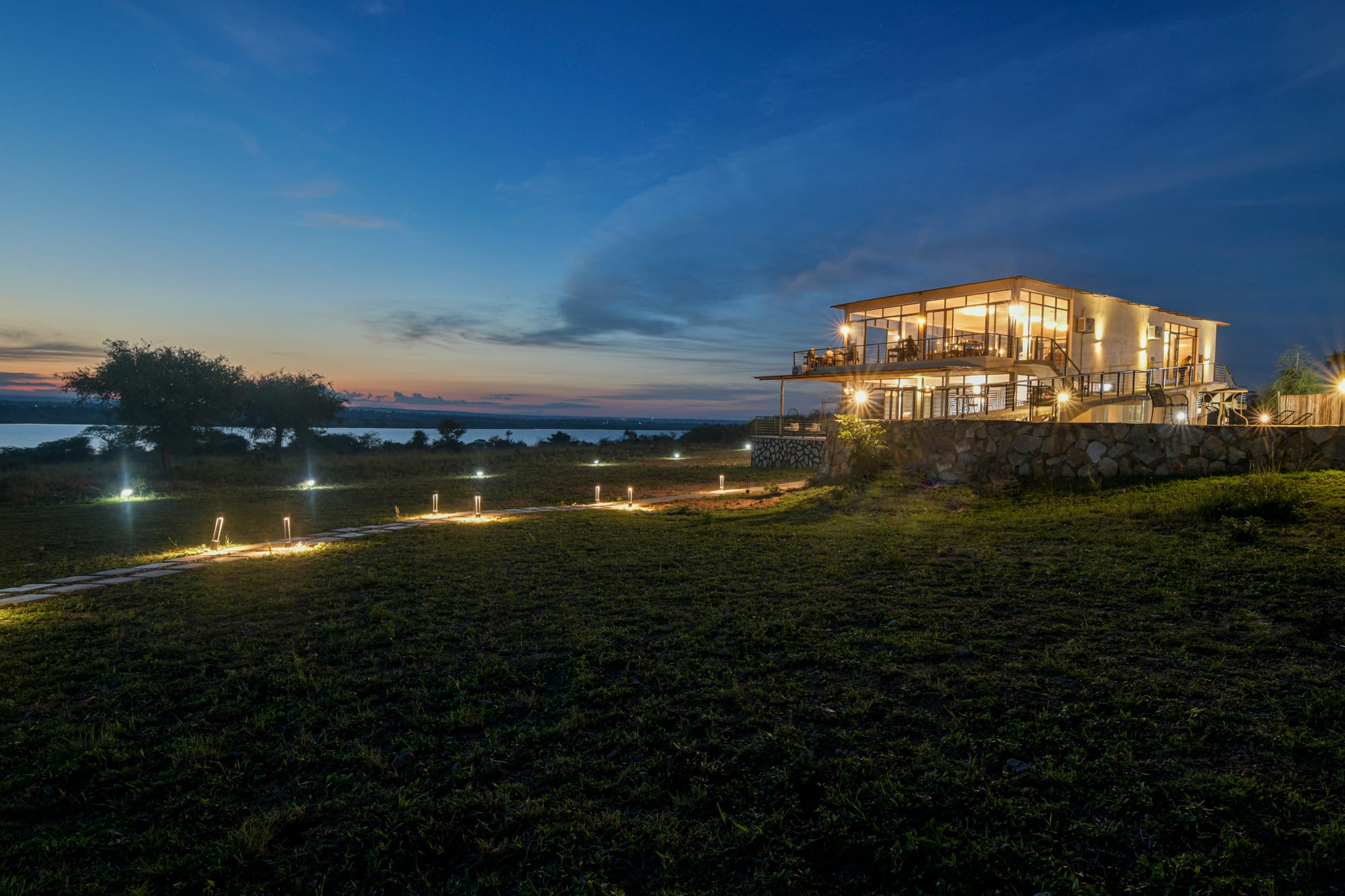

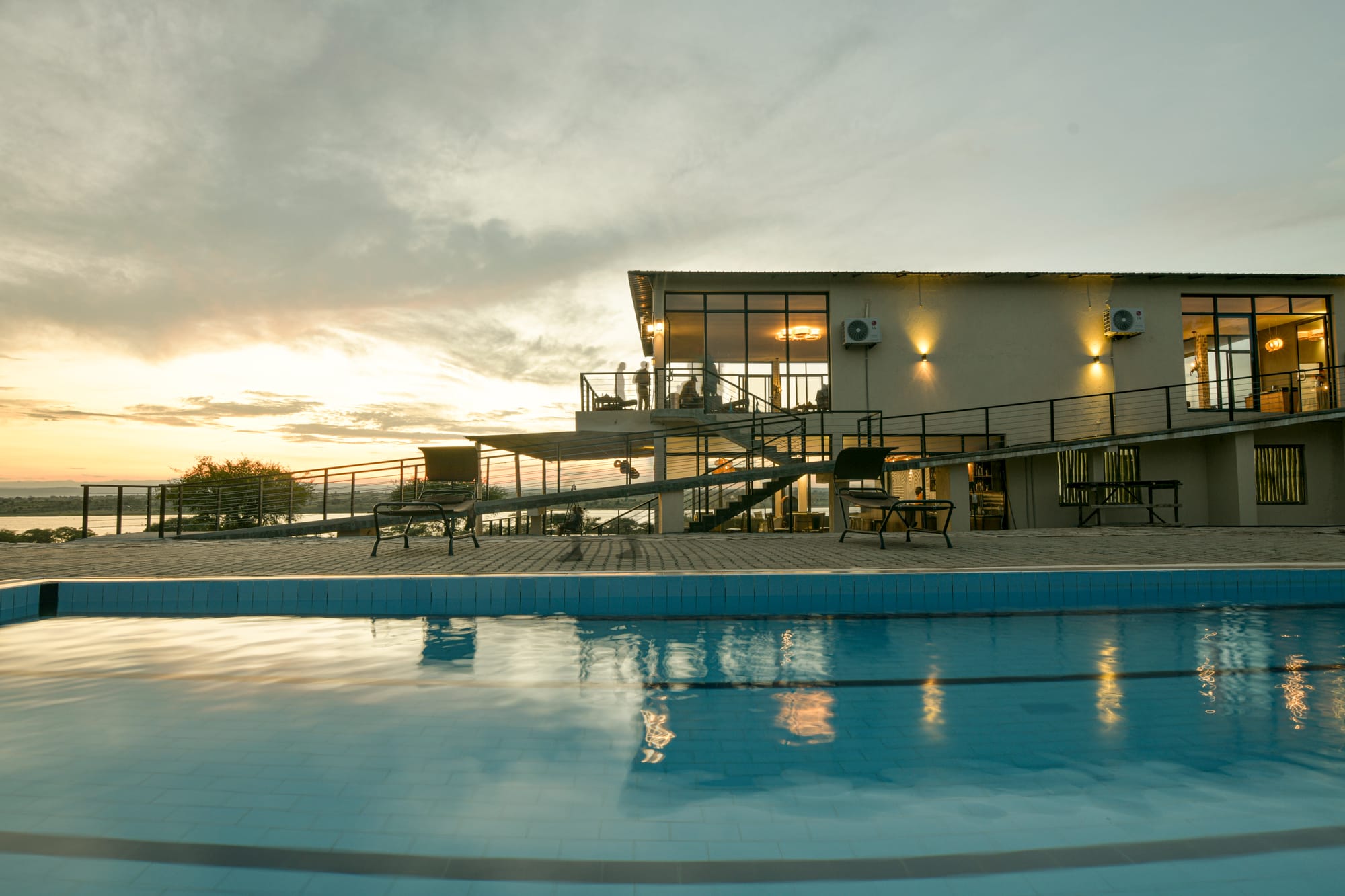
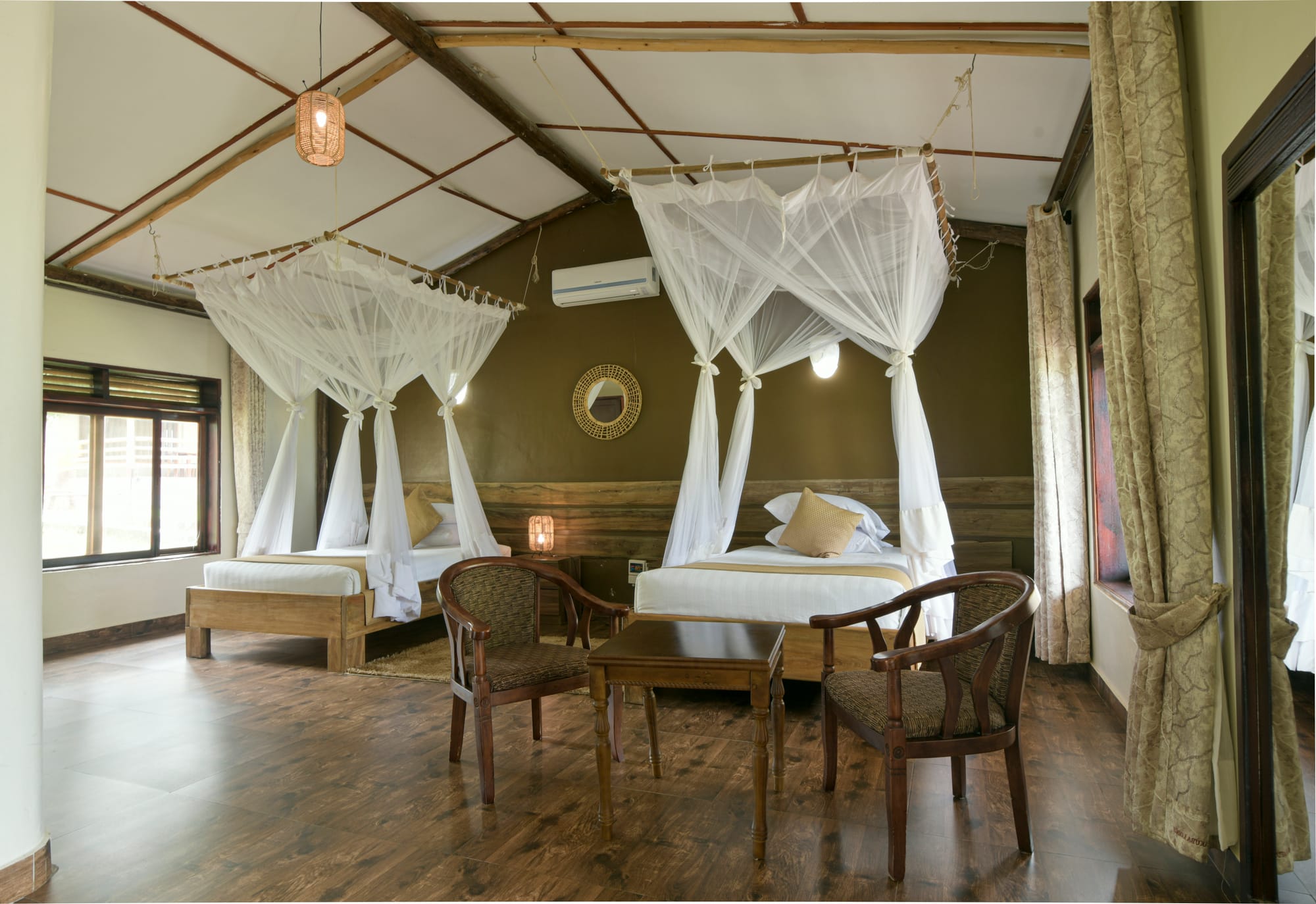
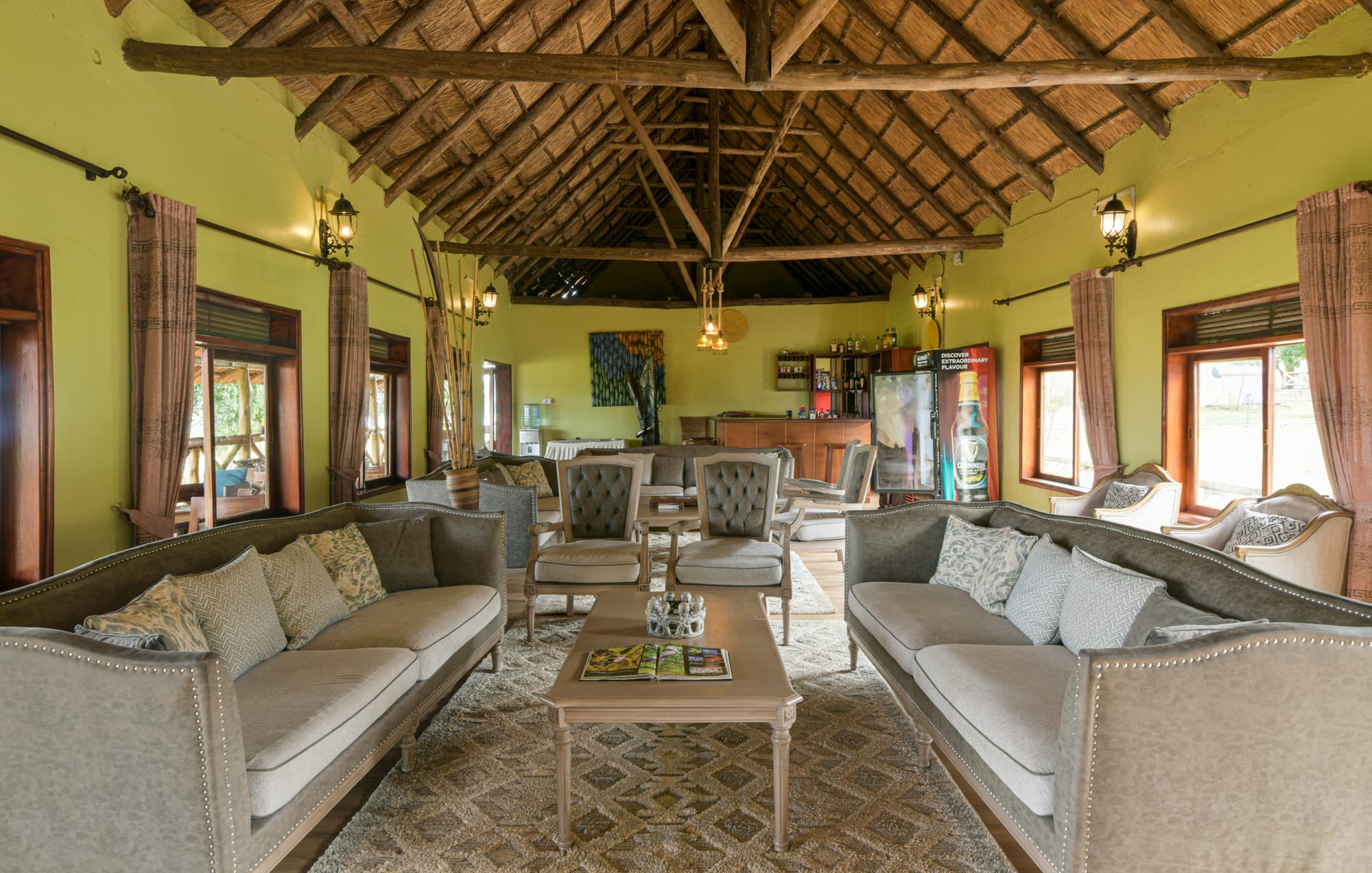


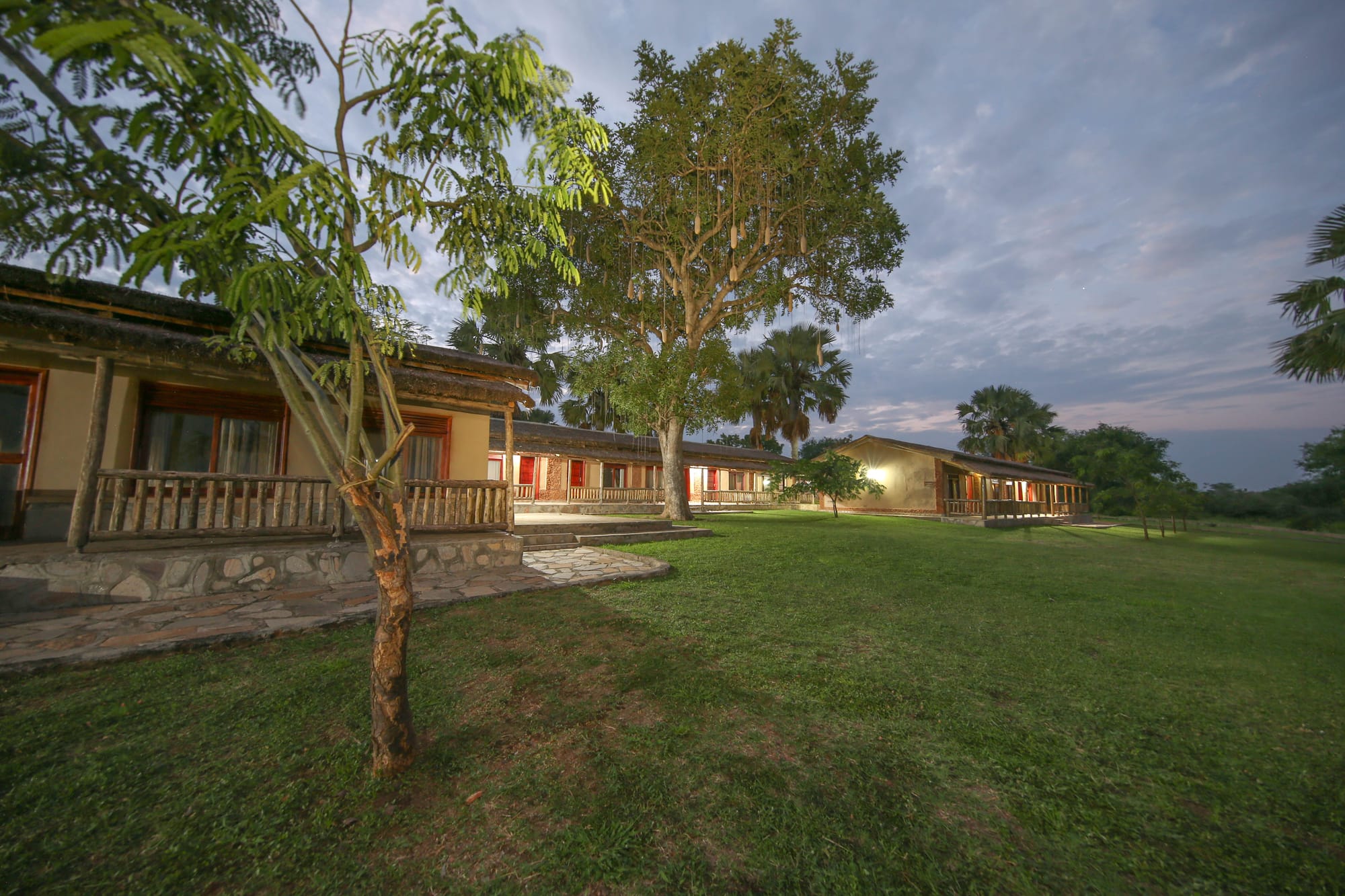
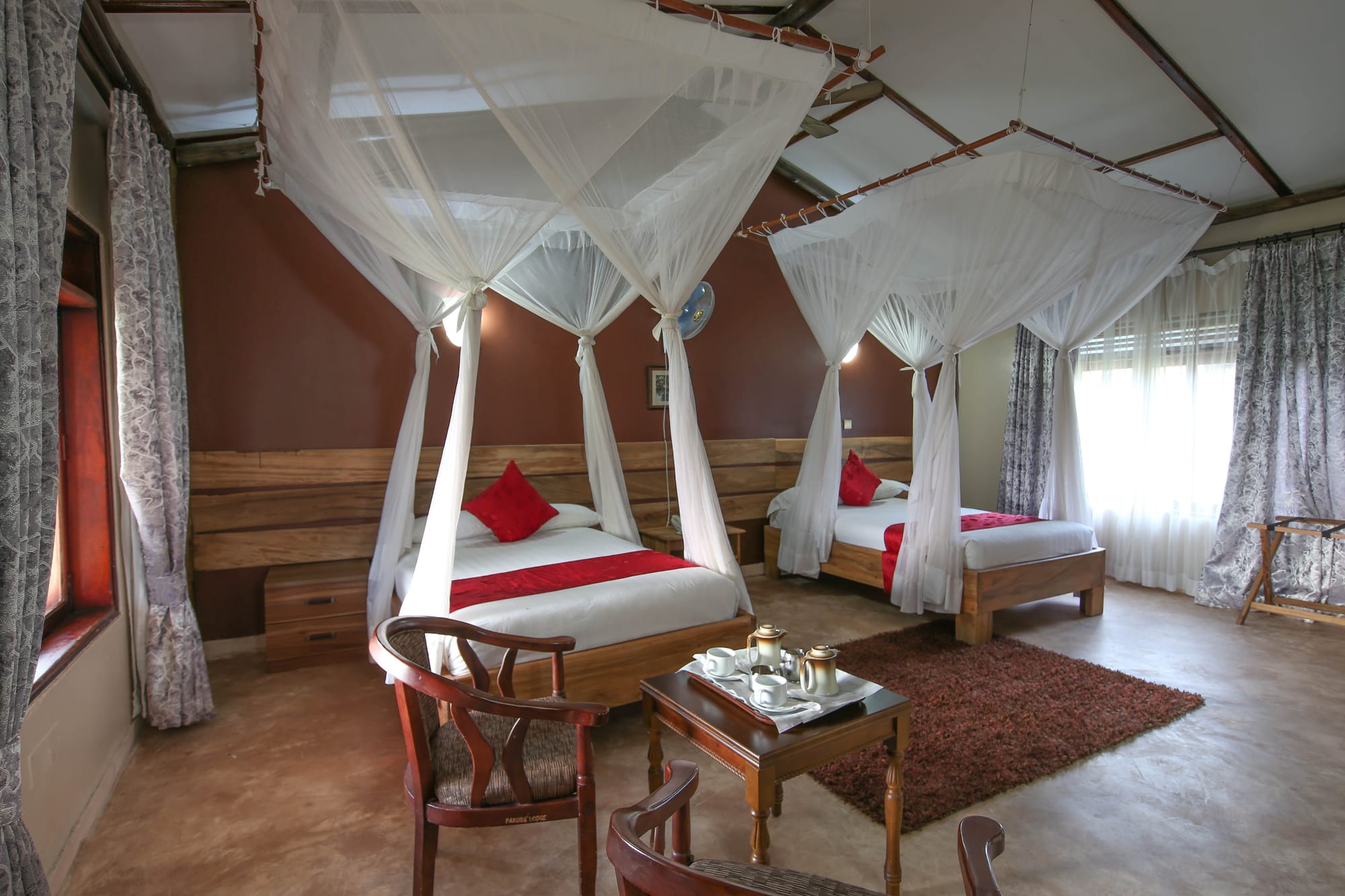
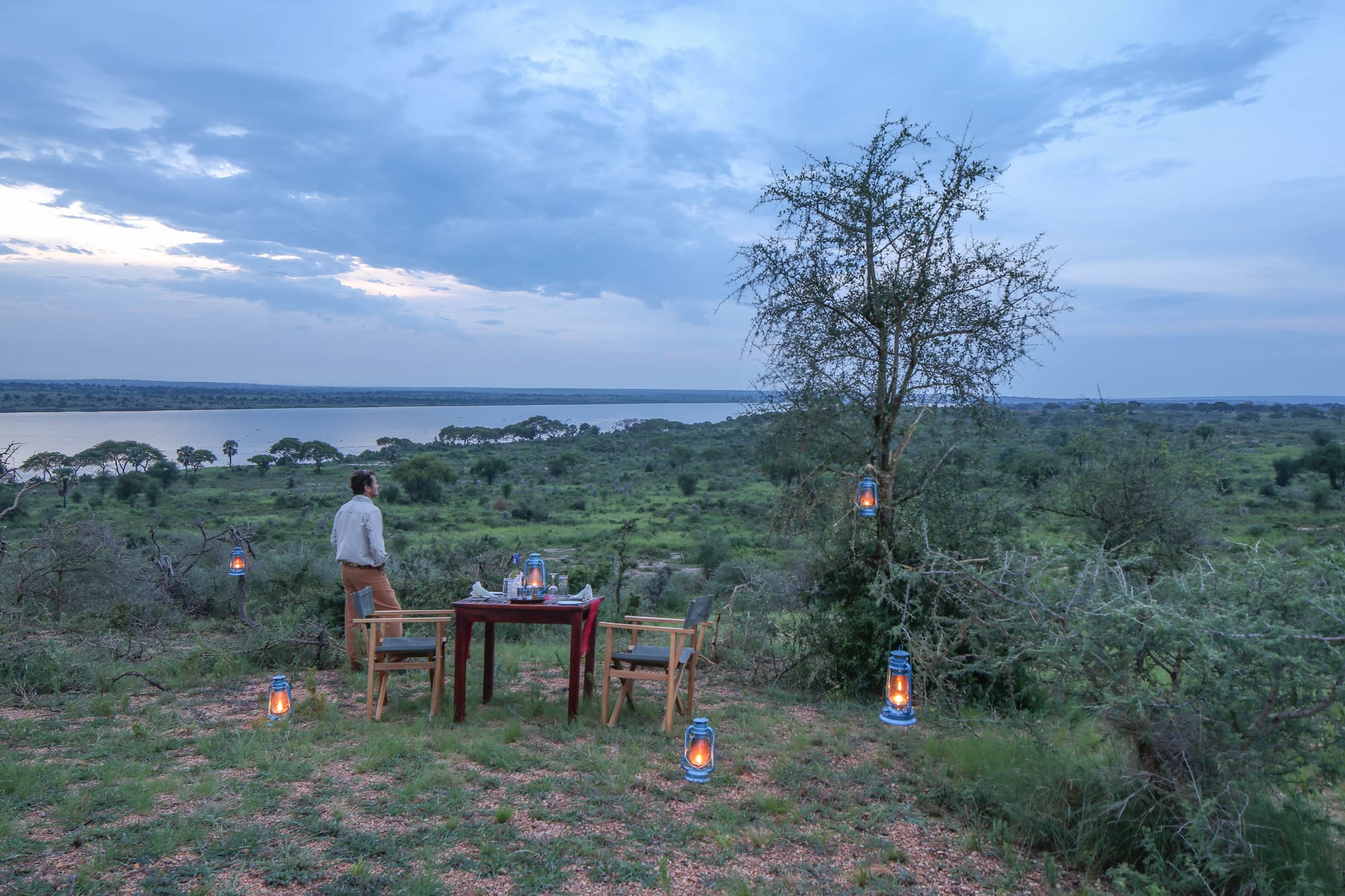




Uganda offers a mix of adventure, and wildlife experiences making it an exciting destination for travelers.


















Uganda offers a rich cultural heritage and diverse culinary experiences, including:
Cultural Adventures:
1. Traditional dance performances: Watch or participate in vibrant cultural dances like the Ndombolo or Bakisimba.
2. Community visits: Explore rural villages, interact with locals, and learn about their customs.
3. Historical sites: Visit the Kasubi Tombs, Ndere Cultural Centre, or the Uganda Museum.
4. Local markets: Explore bustling markets like Owino or Nakasero for unique souvenirs and interactions.
Culinary tourism in Uganda allows visitors to explore the country's diverse and flavorful cuisine, which is influenced by its cultural heritage and geographic location. Some experiences include:
1. Cooking classes: Learn to prepare traditional Ugandan dishes like matooke, chapati, or luwombo.
2. Food tours: Explore local markets, street food stalls, and restaurants to sample popular snacks and dishes like the rolex.
3. Farm-to-table experiences: Visit farms and plantations to taste fresh produce, coffee, and tea.
4. Traditional dining experiences: Enjoy local cuisine in a traditional setting, such as a village or cultural center.




























When choosing eco-friendly accommodations in Uganda, we consider the following factors:
1. Sustainable building materials: We opt for lodges built with local, sustainable materials that blend with the surroundings.
2. Energy efficiency: Choose accommodations using renewable energy sources like solar or hydro power.
3. Water conservation: Select lodges with water-saving measures like rainwater harvesting and low-flow showerheads.
4. Waste management: Ensure the lodge has a proper waste disposal system and recycles when possible.
5. Community involvement: Support lodges that engage with and benefit local communities.
6. Environmental certifications: We look for lodges with eco-certifications like Eco-Tourism Uganda or international awards.
7. Minimal impact activities: Choose lodges offering activities with minimal environmental impact, like birdwatching or guided walks.
8. Organic and local food: Opt for lodges serving organic and locally sourced food to reduce carbon footprint.
9. Responsible tourism practices: Ensure the lodge follows responsible tourism practices, like respecting wildlife and their habitats.
10. Guest education: Select lodges that educate guests on local conservation efforts and sustainable practices.
By considering these factors, we contribute to sustainable tourism in Uganda and support eco-friendly accommodations that prioritize the environment and local communities.













































































